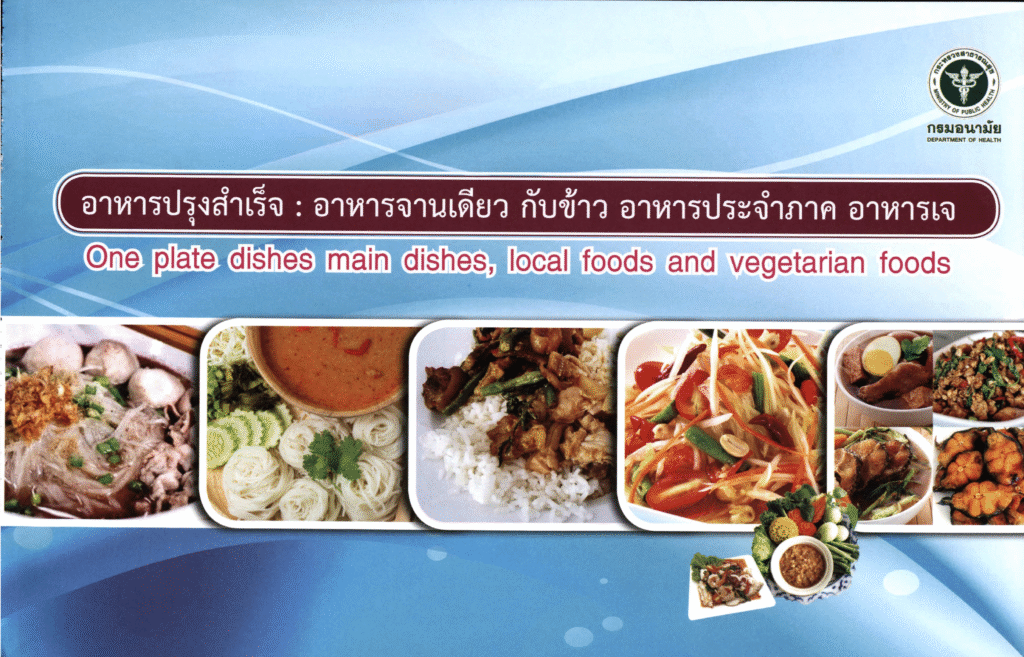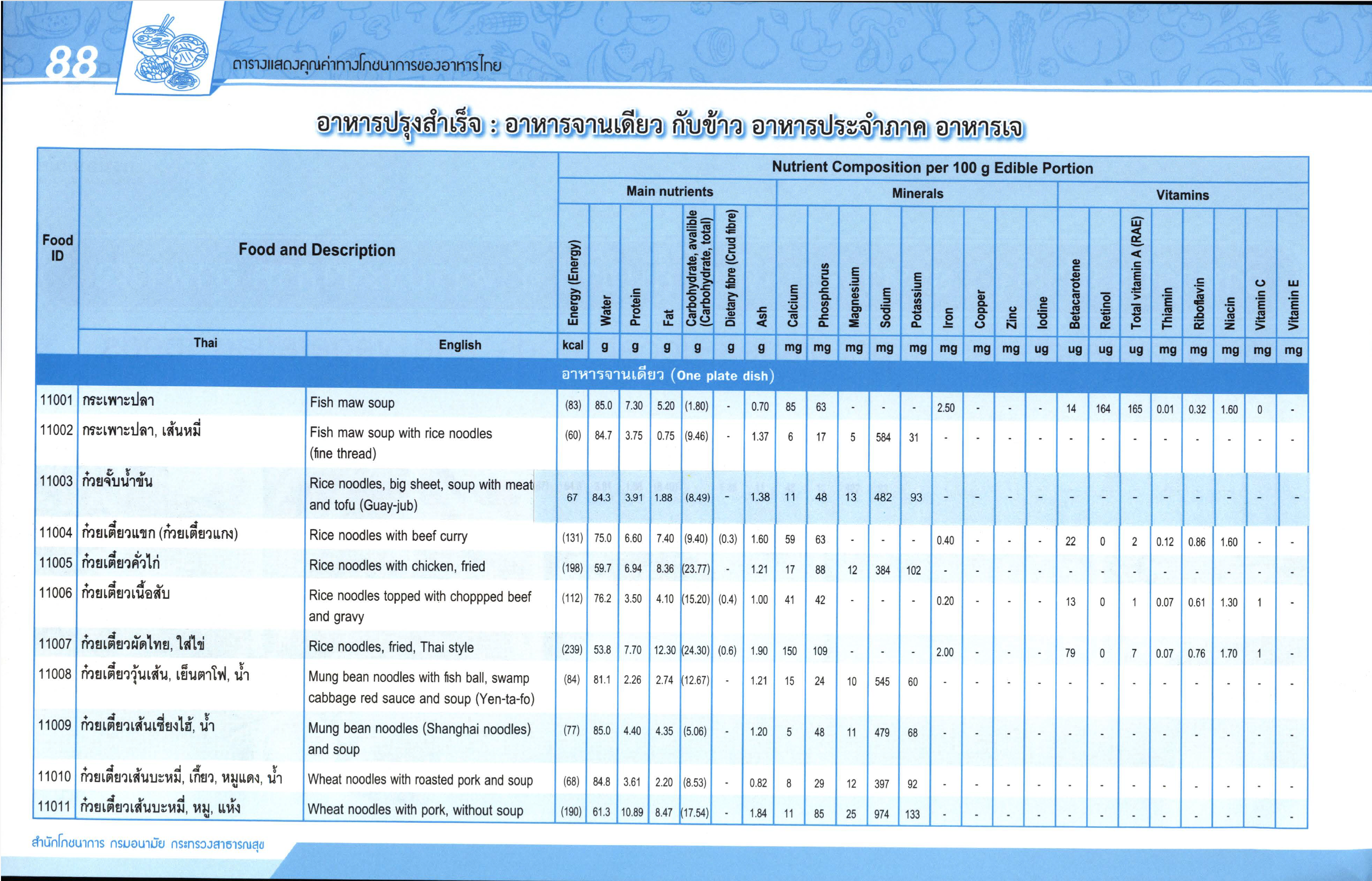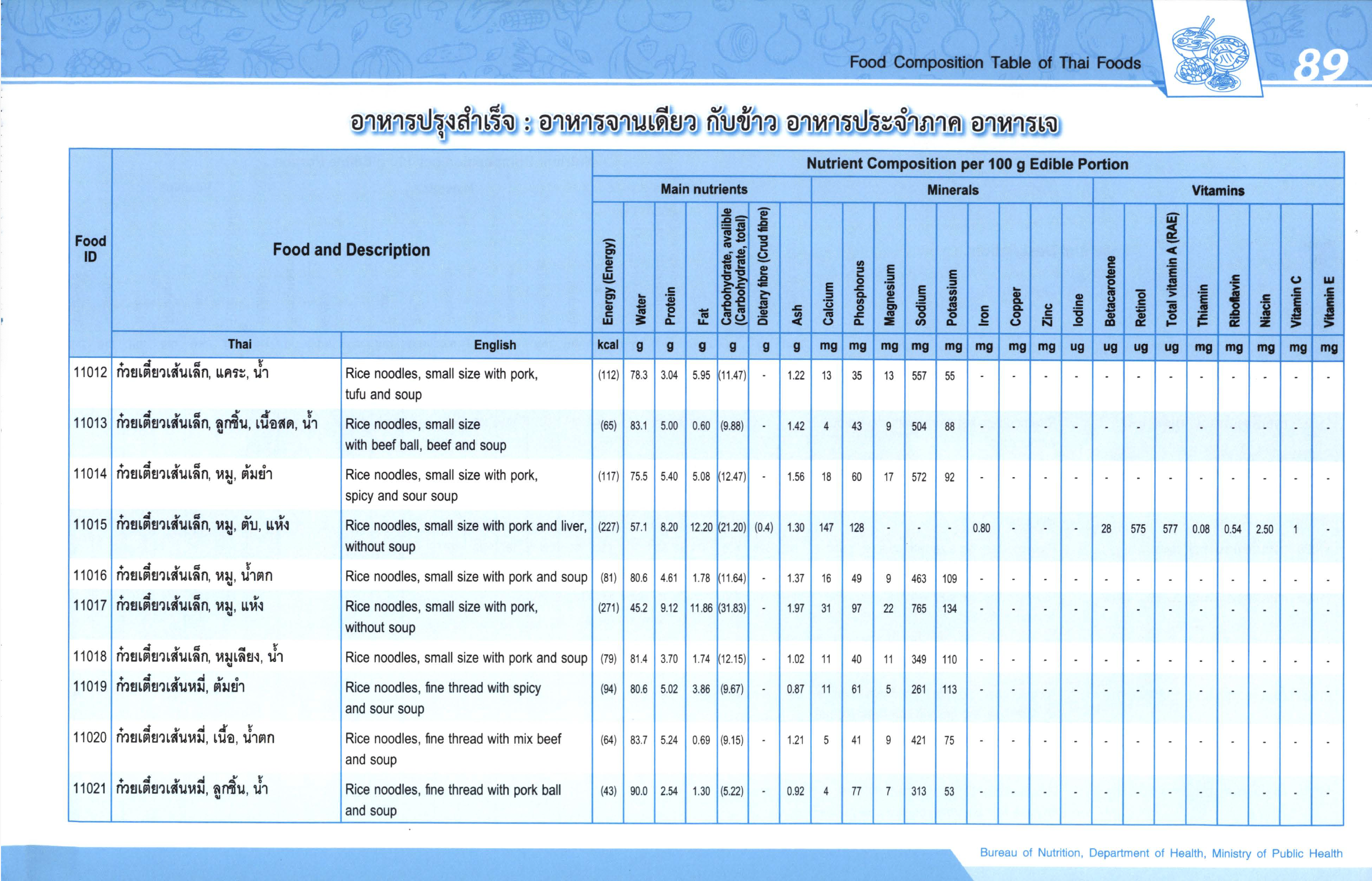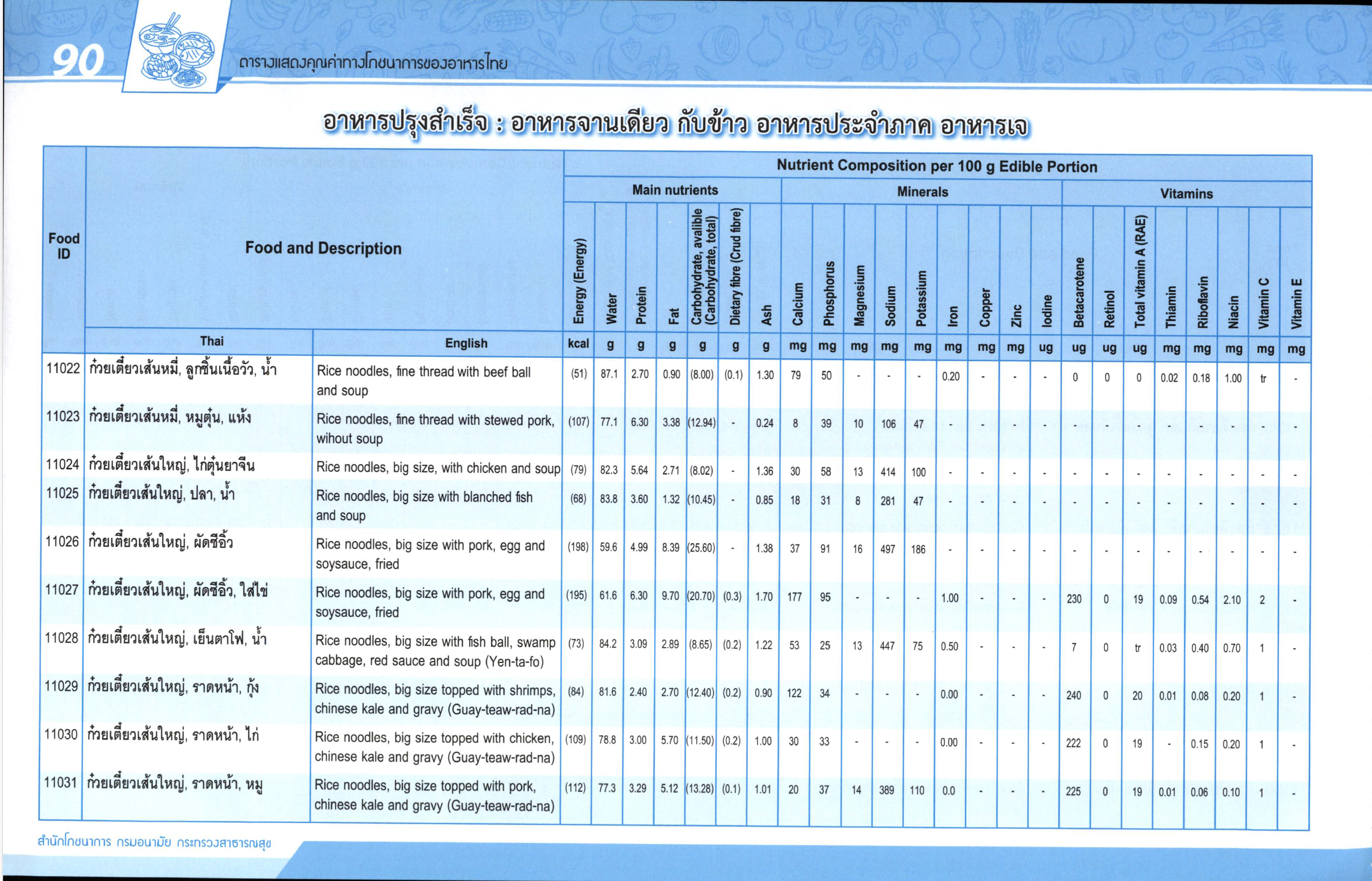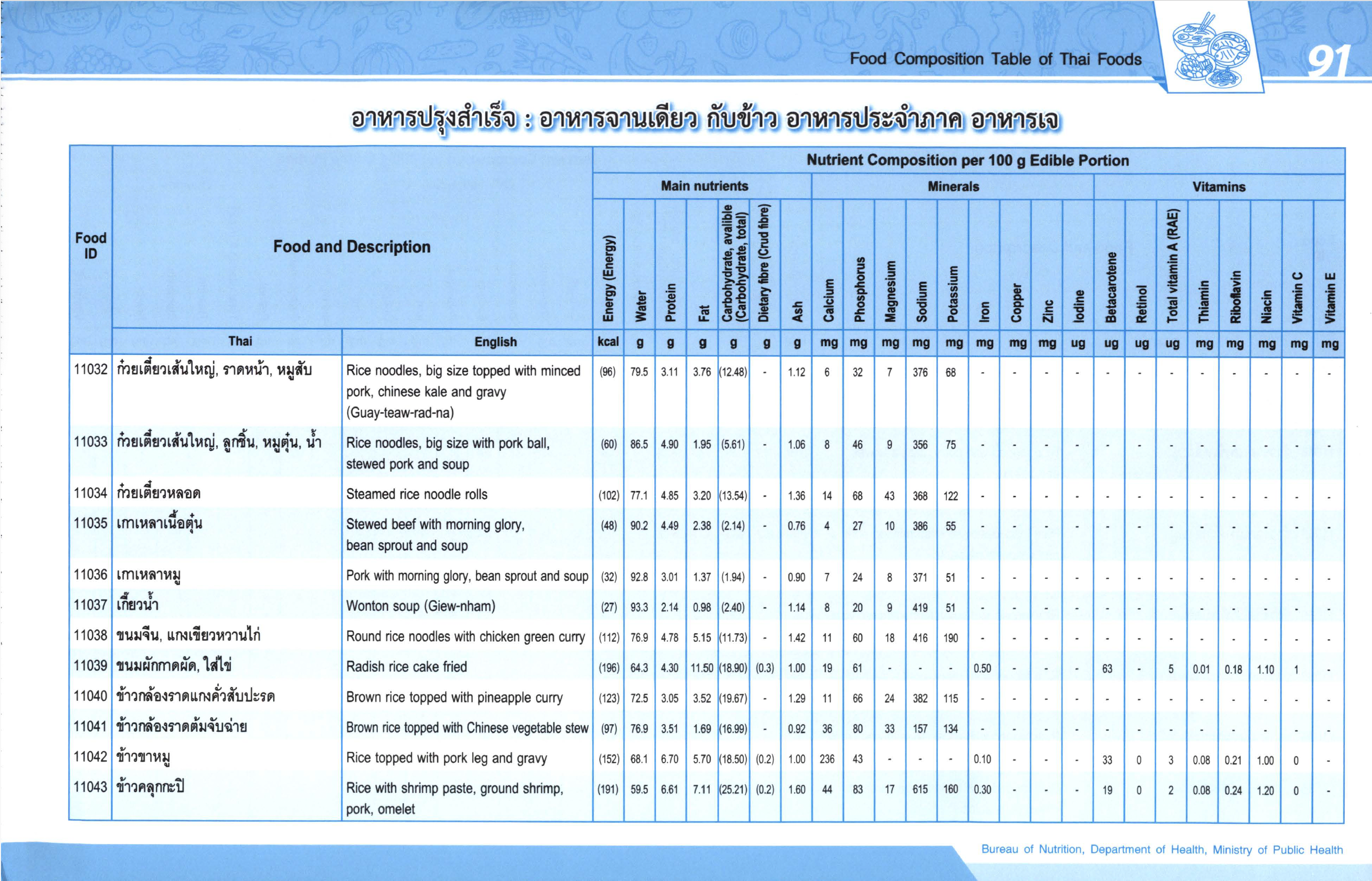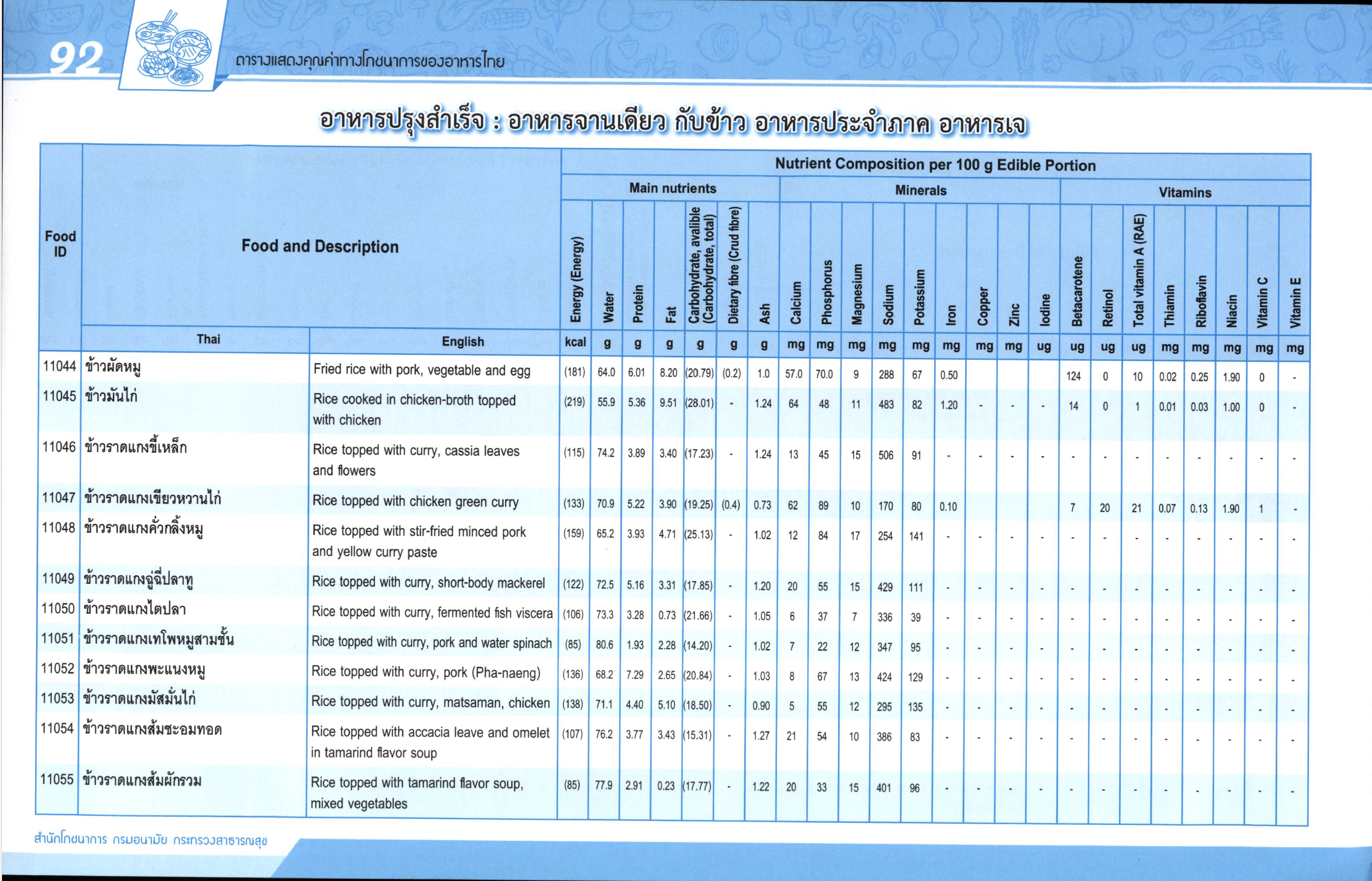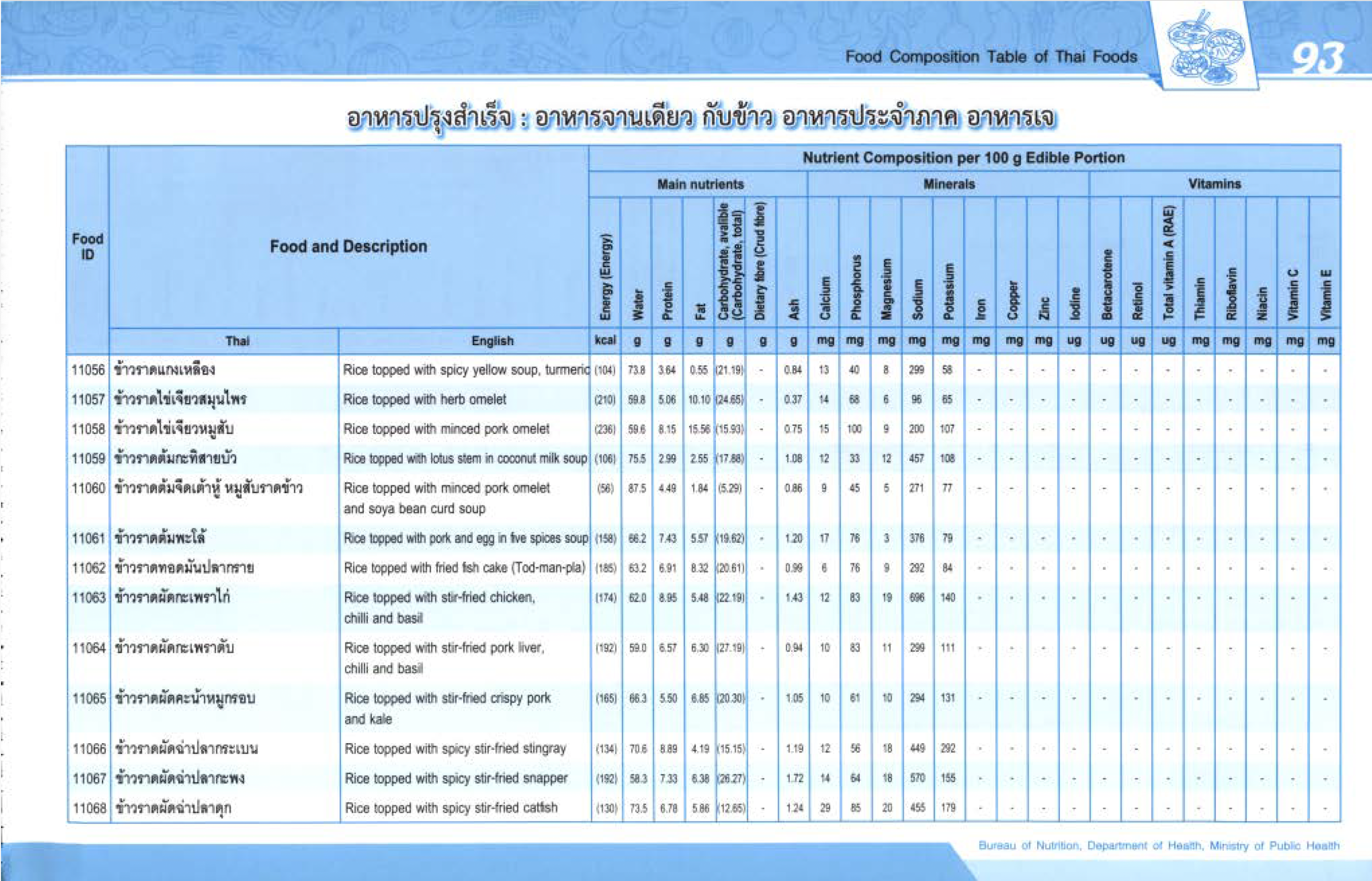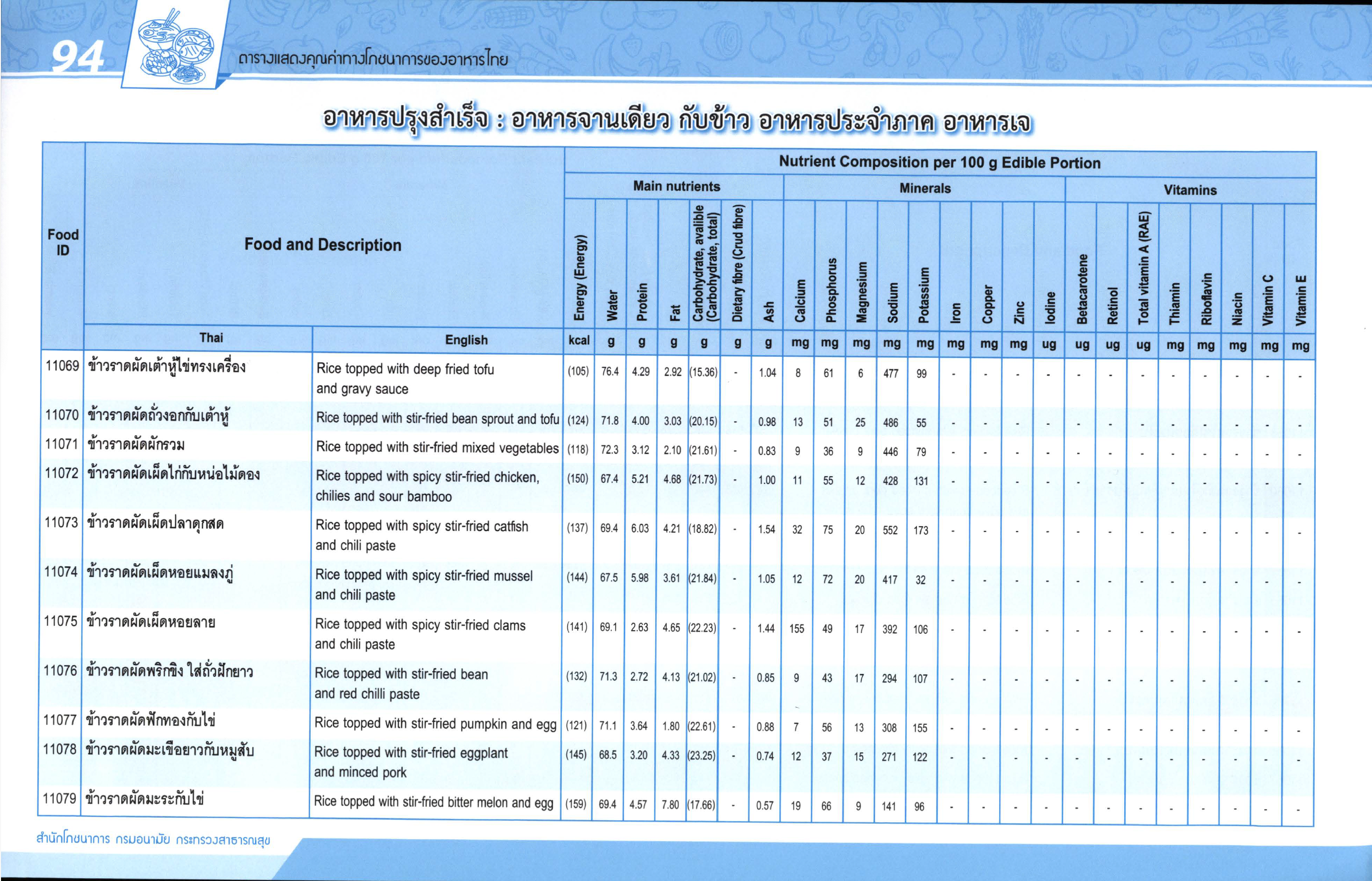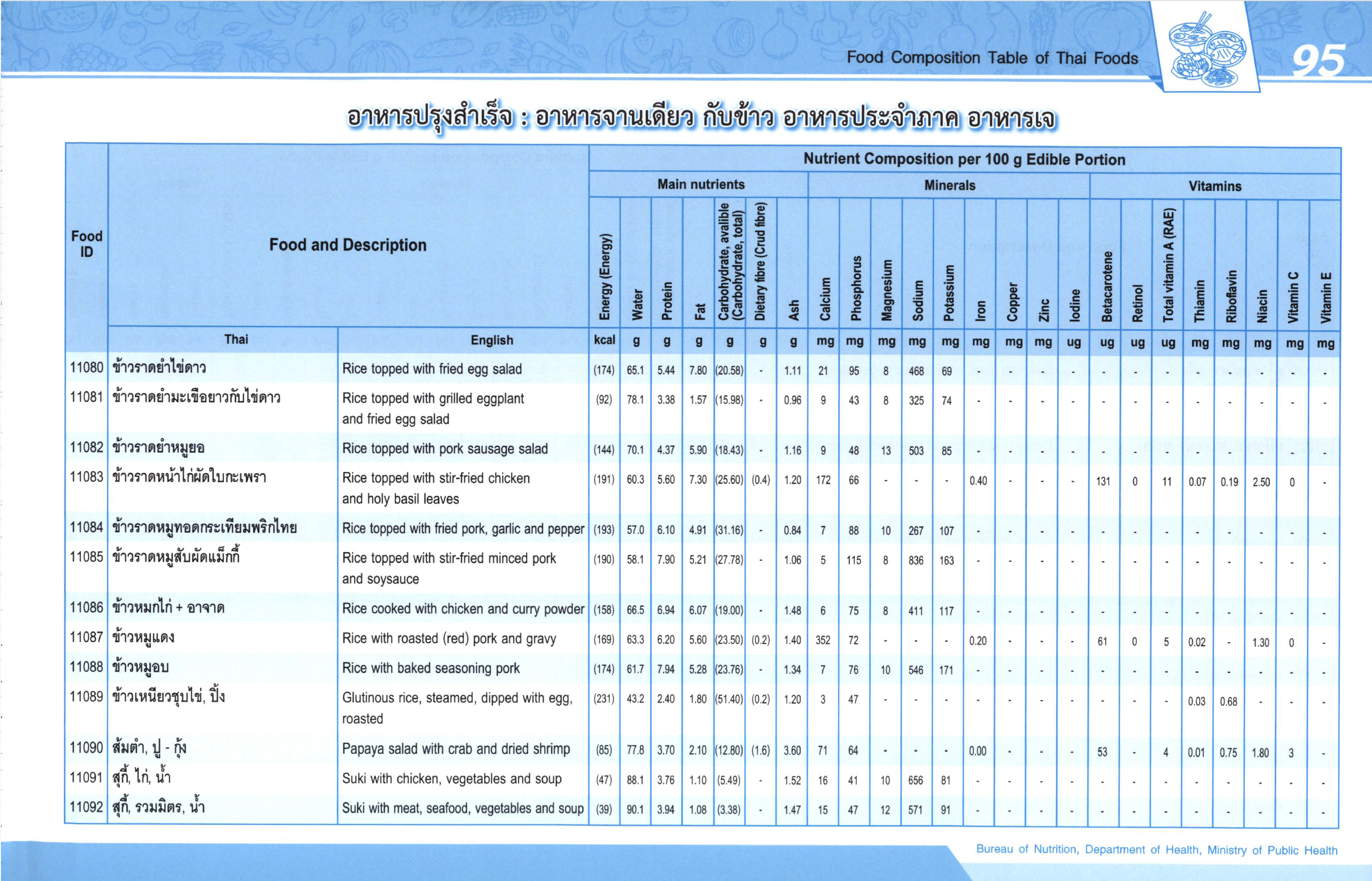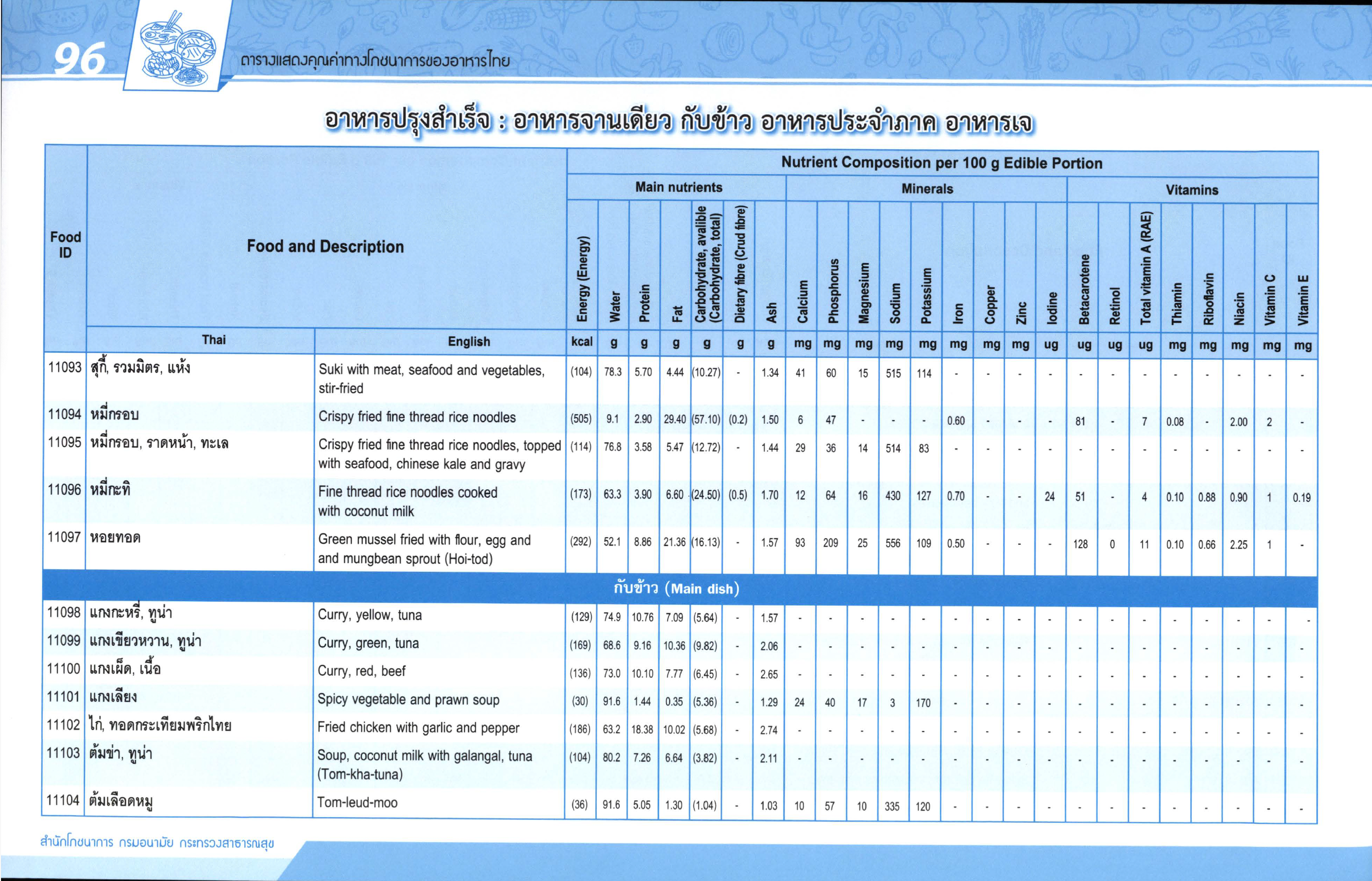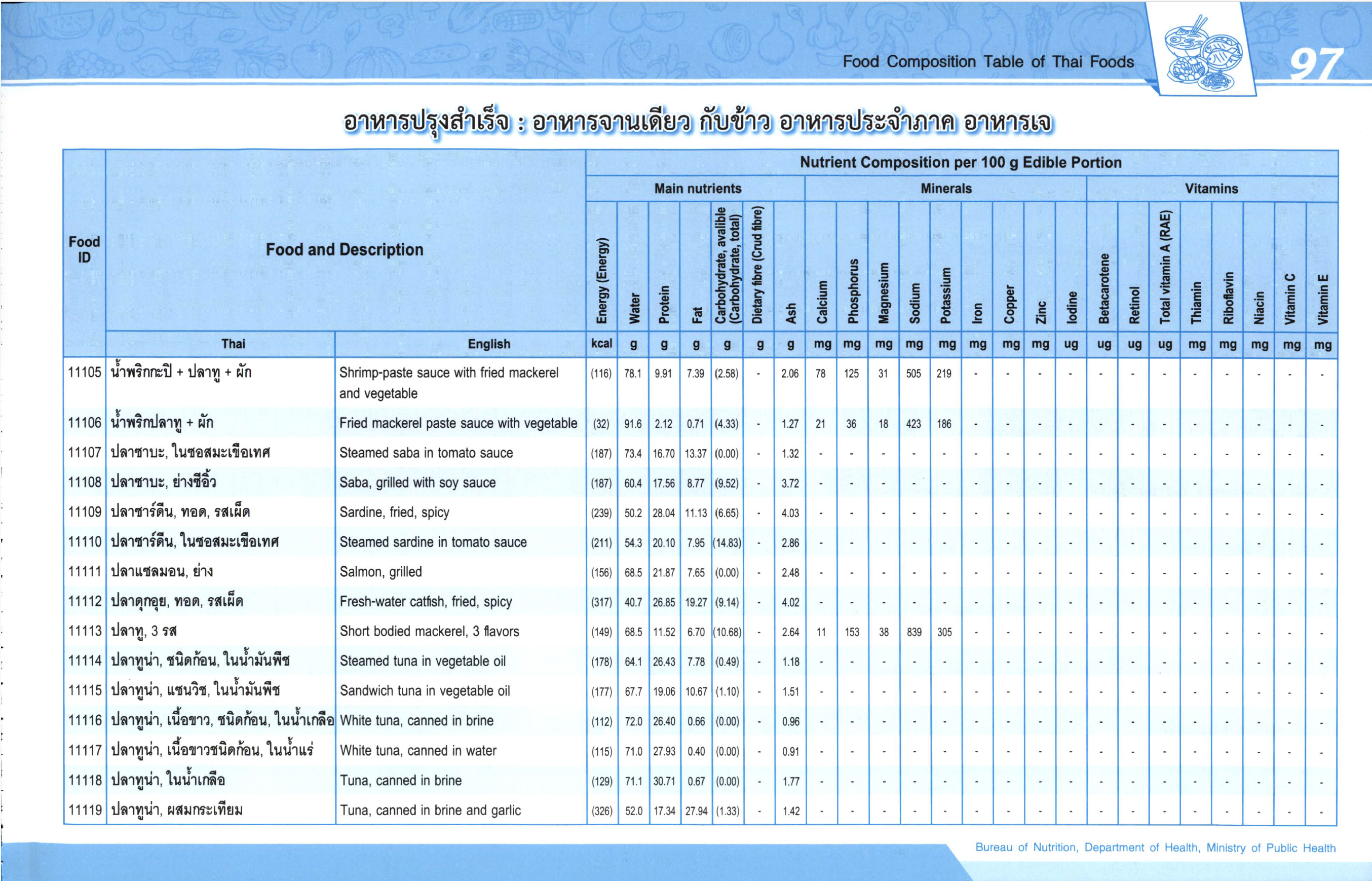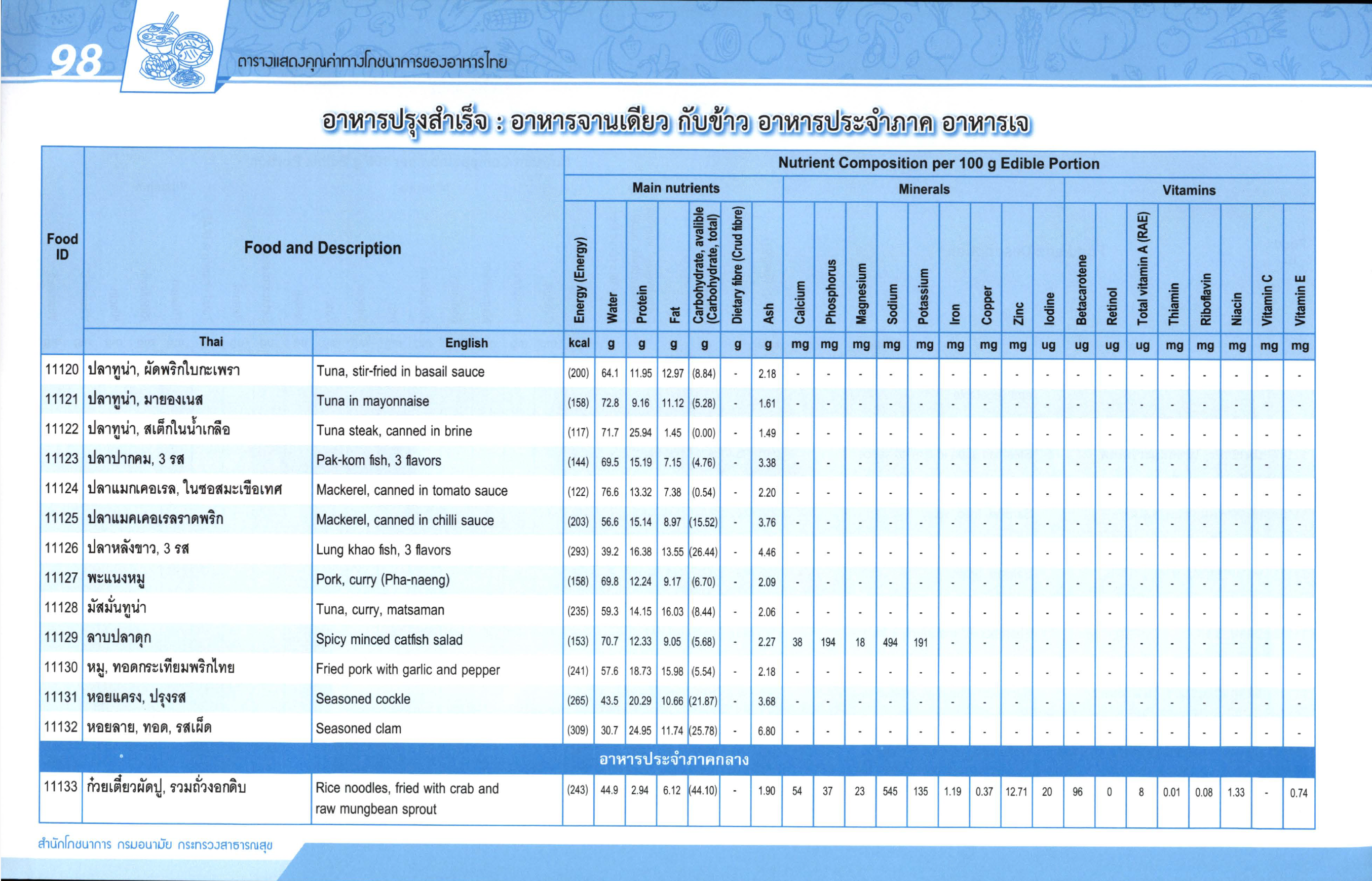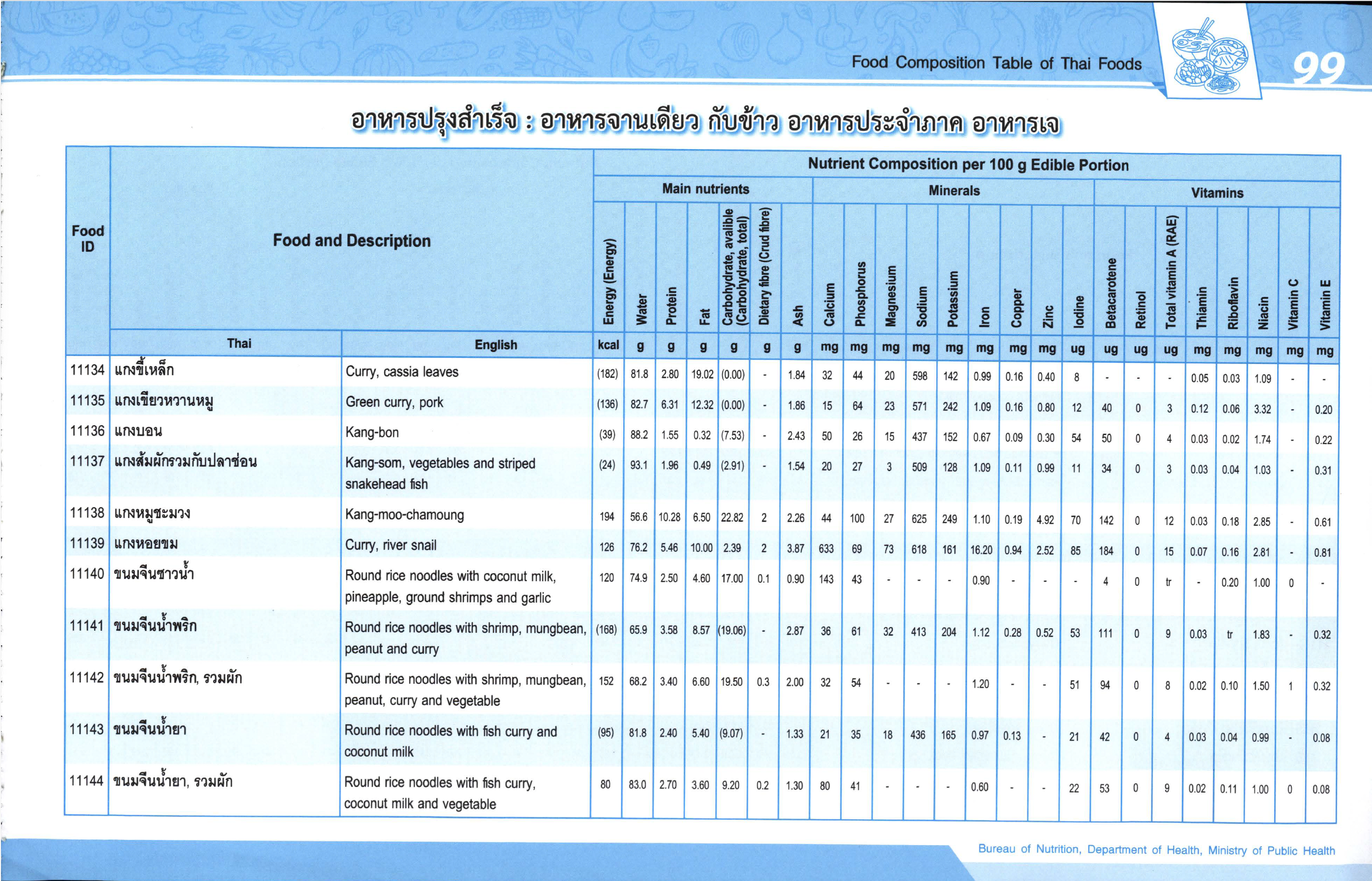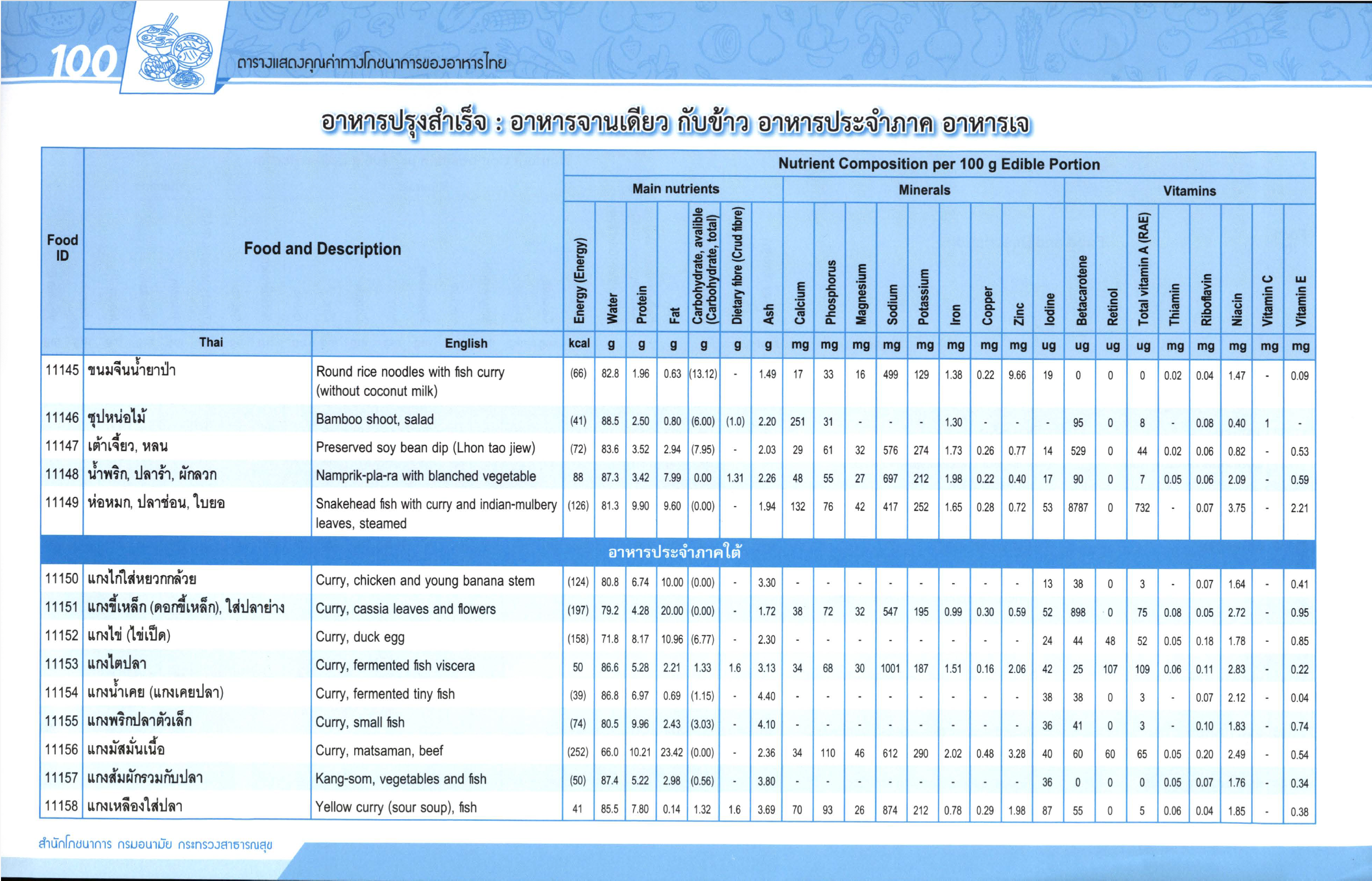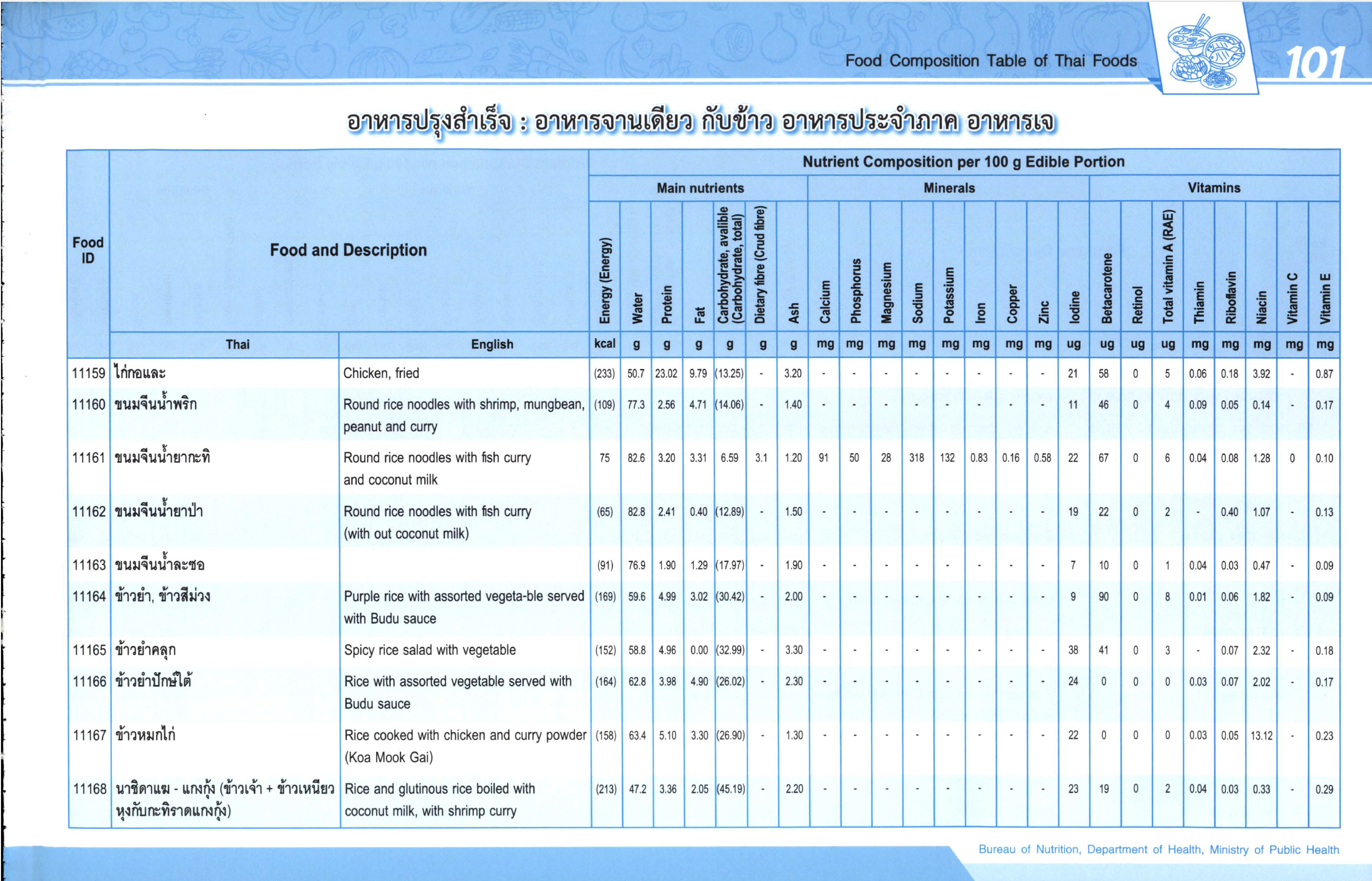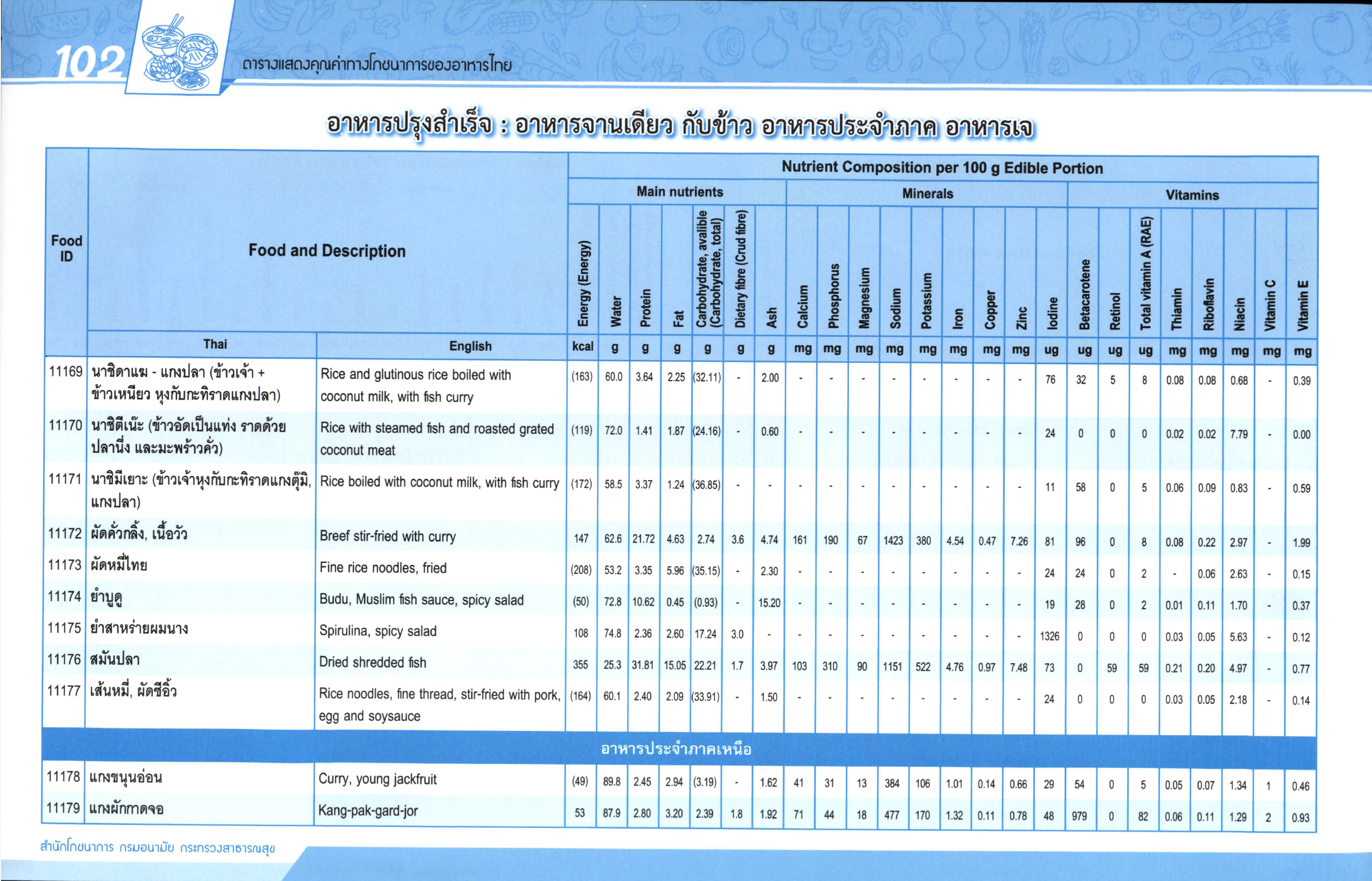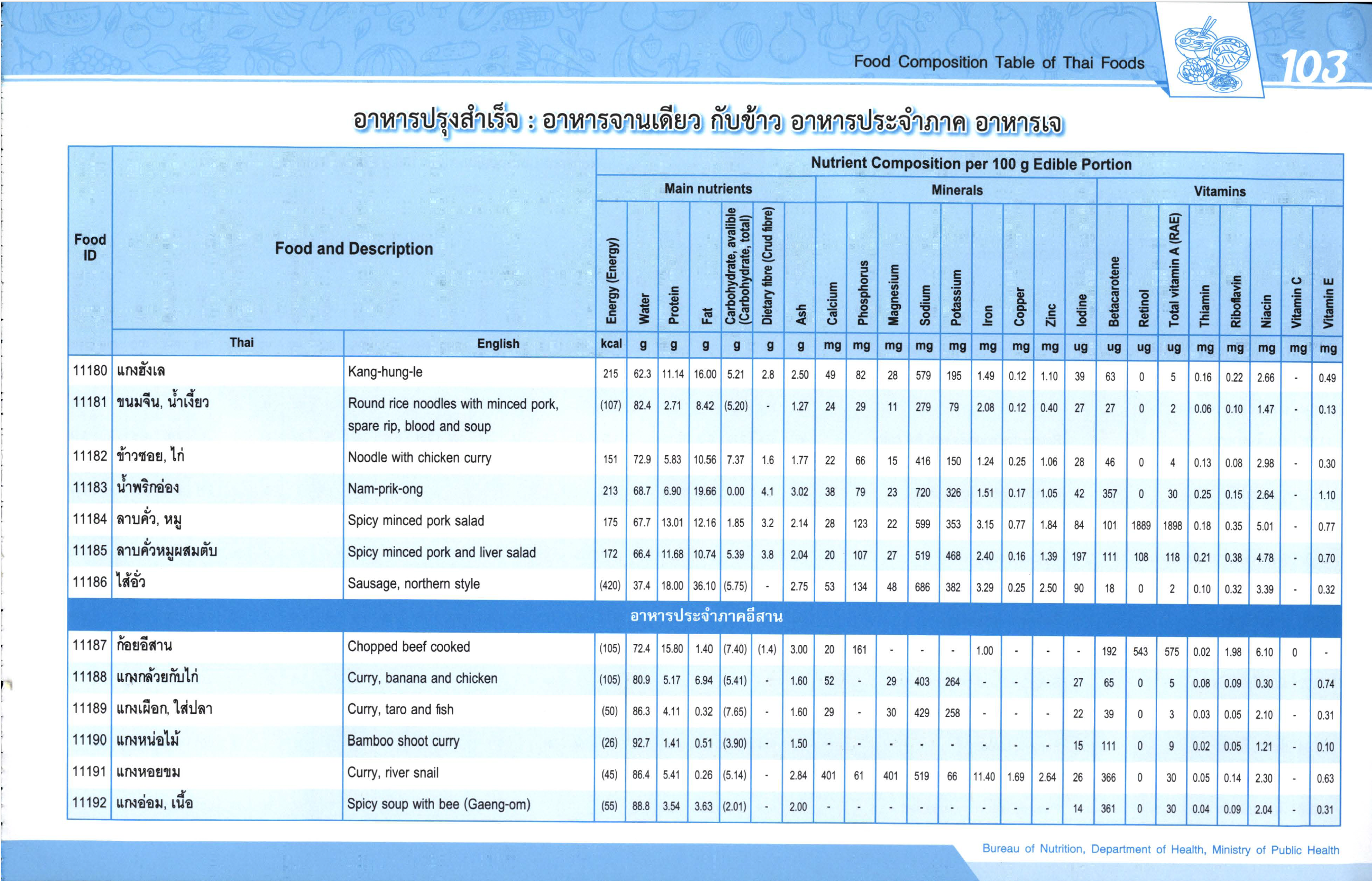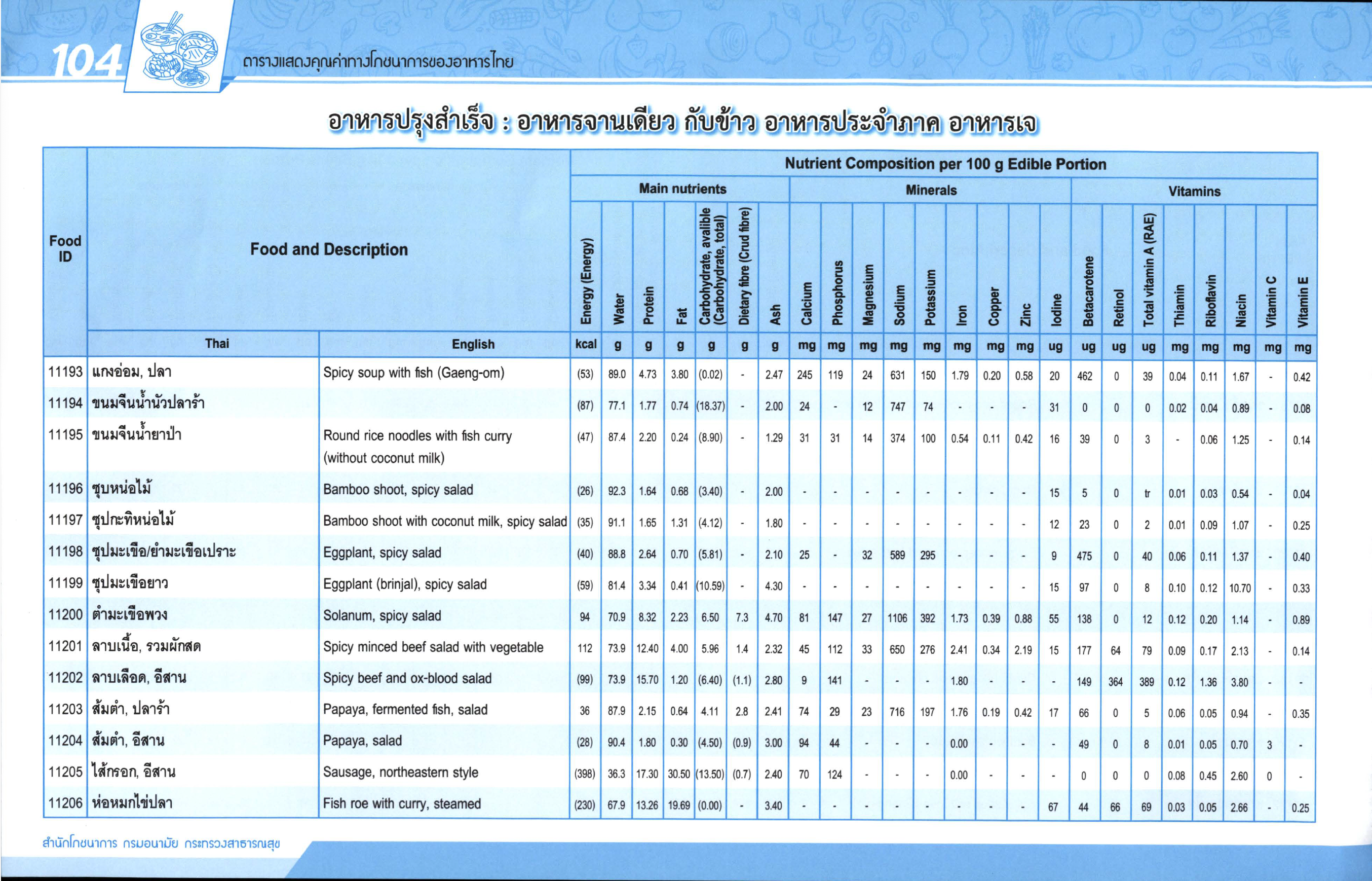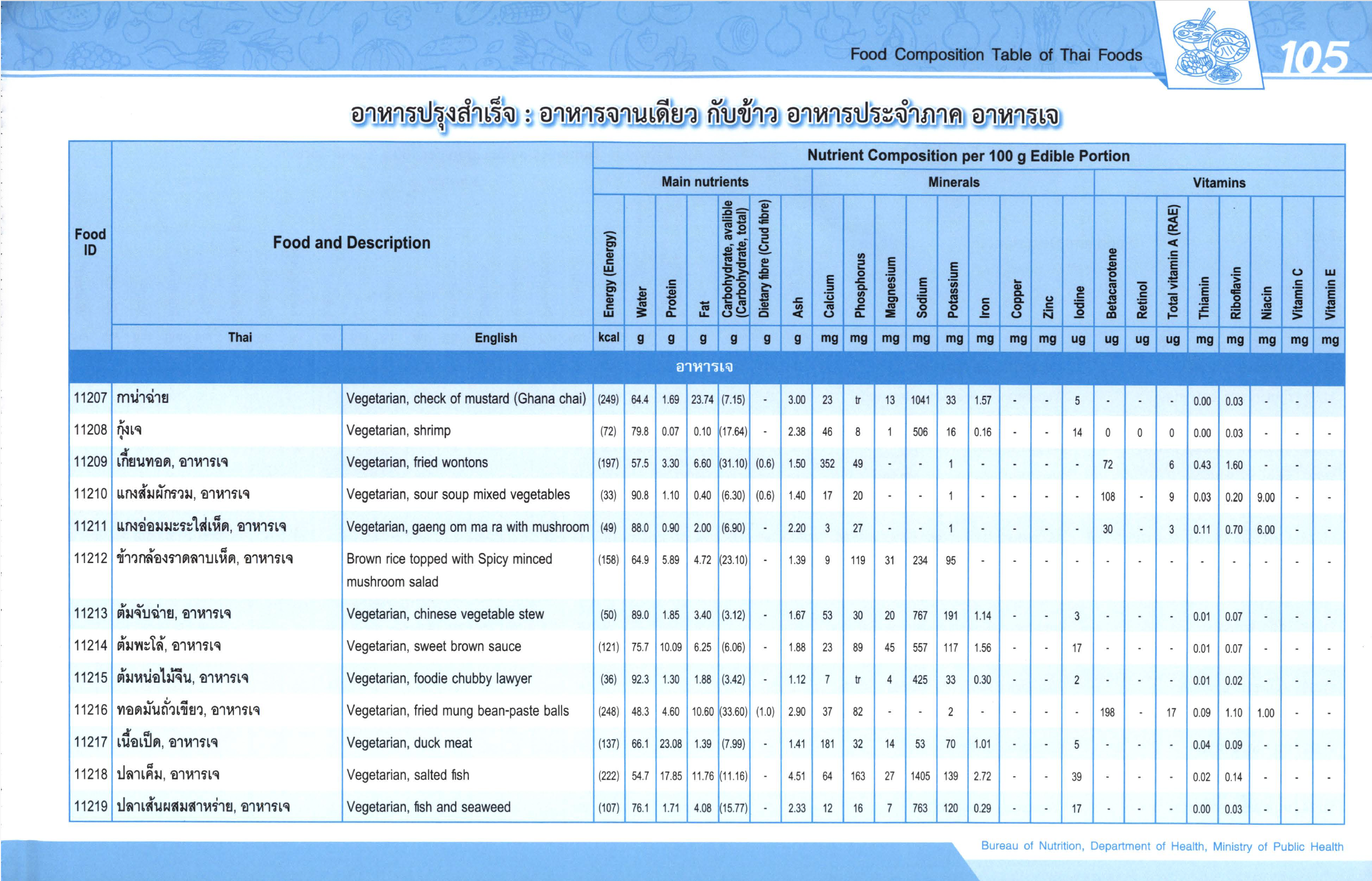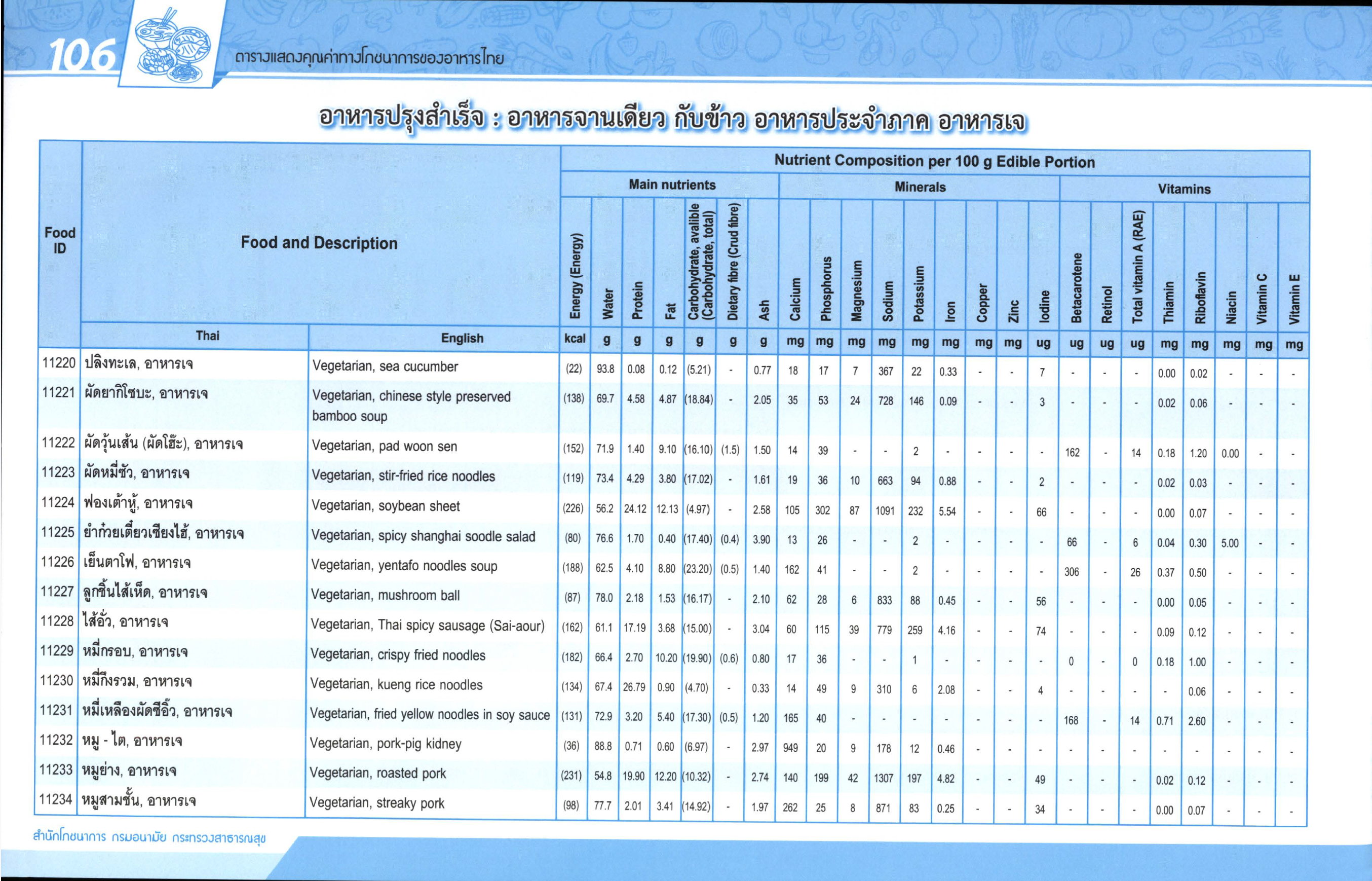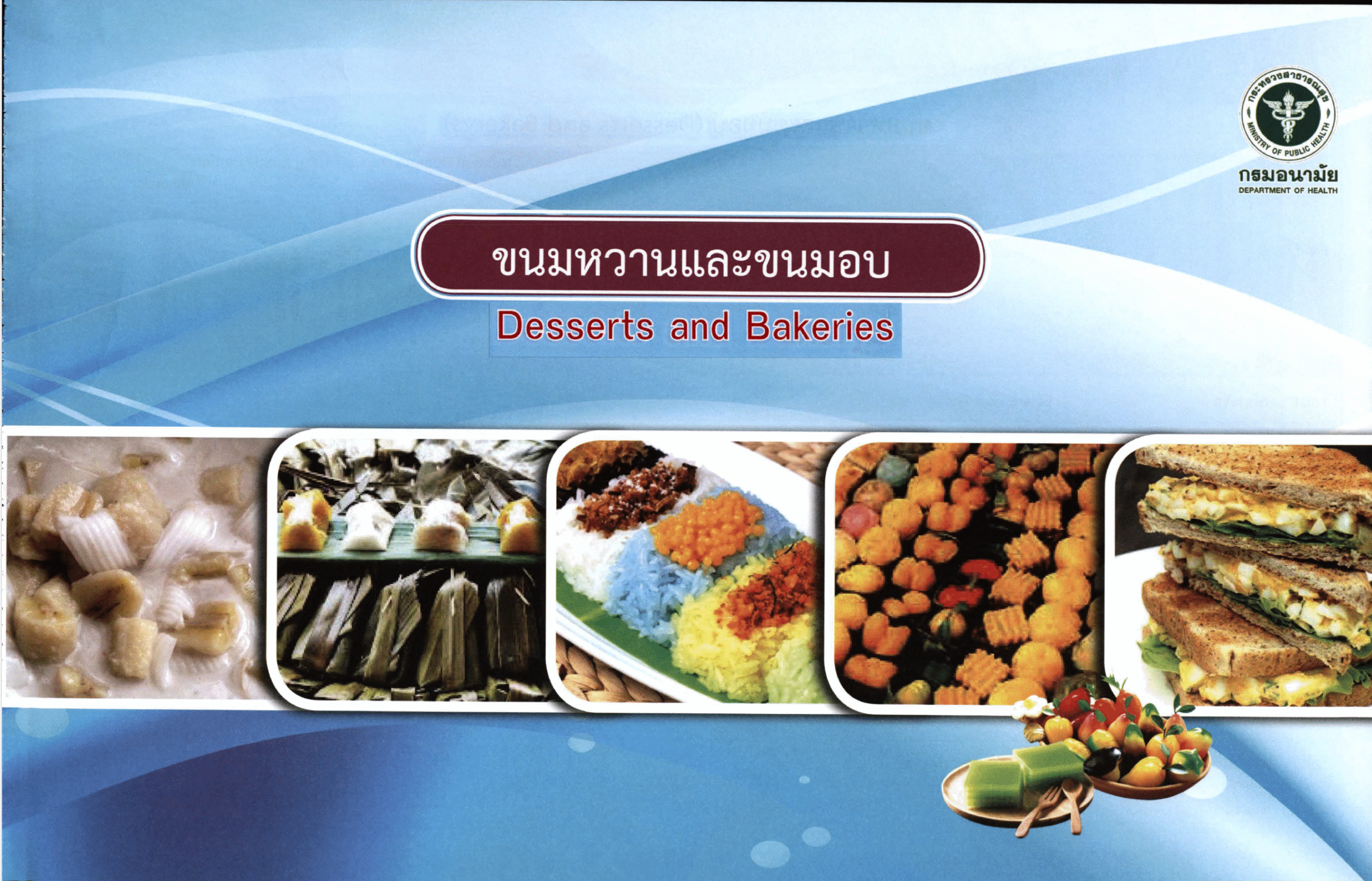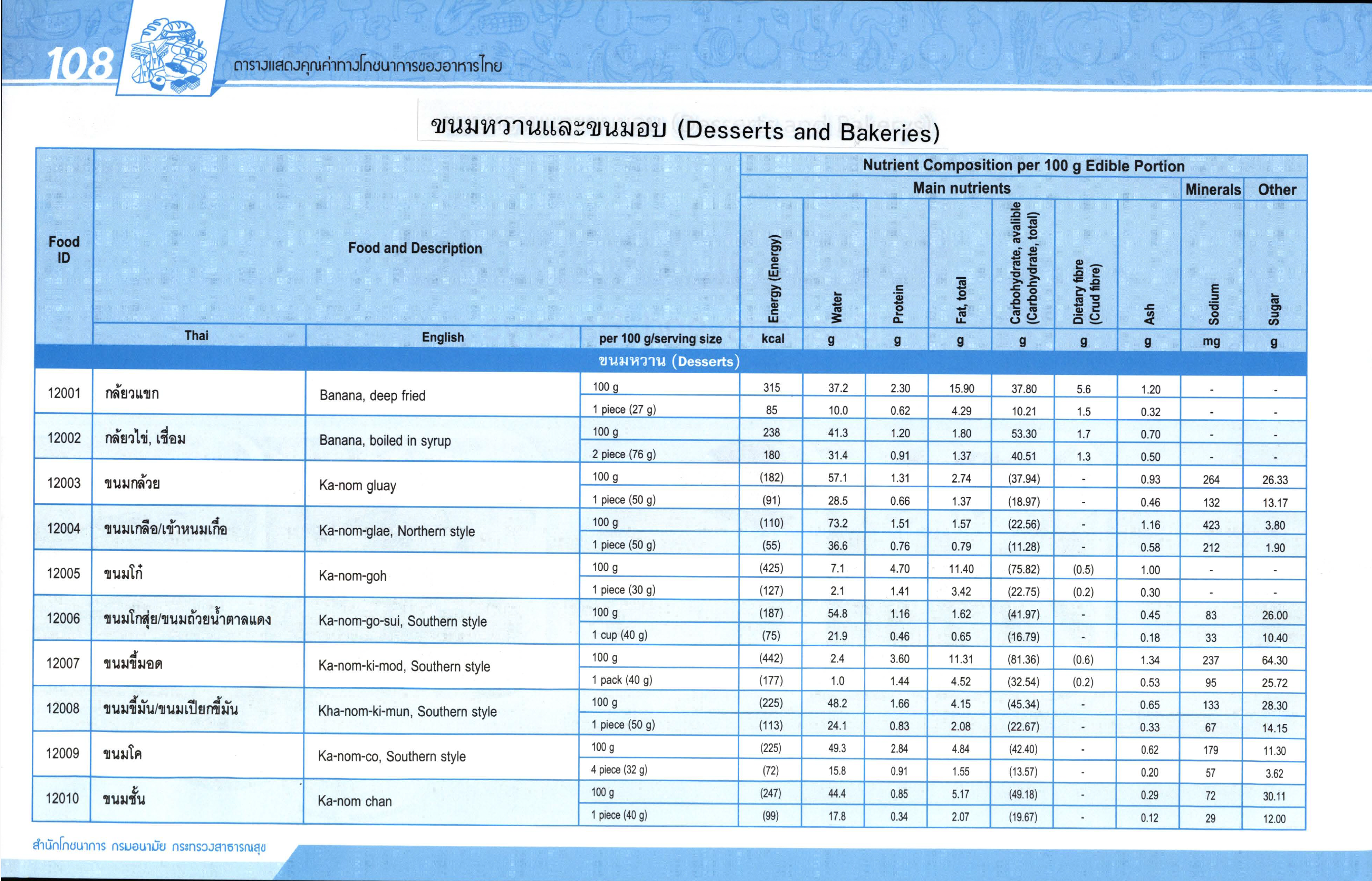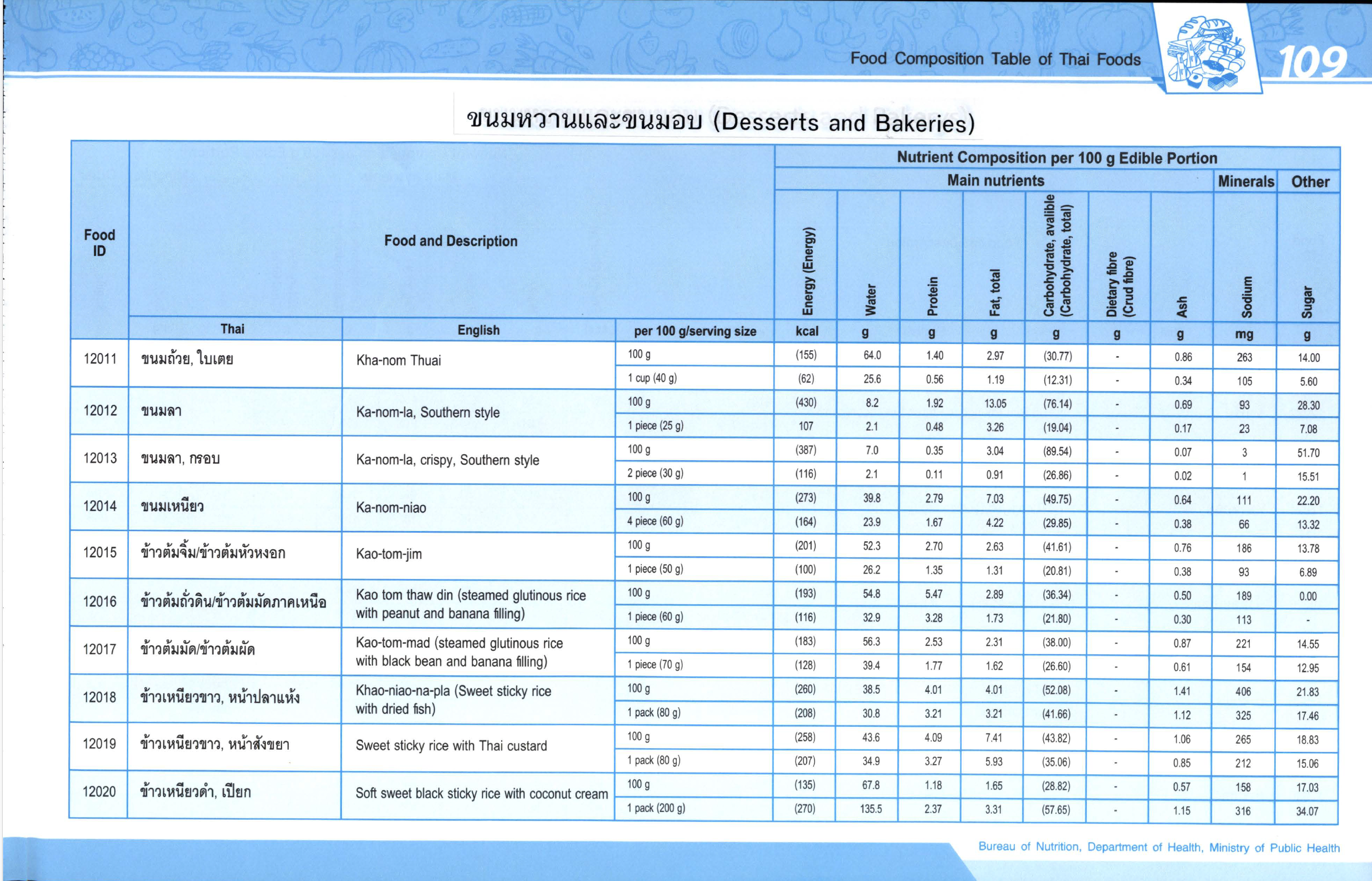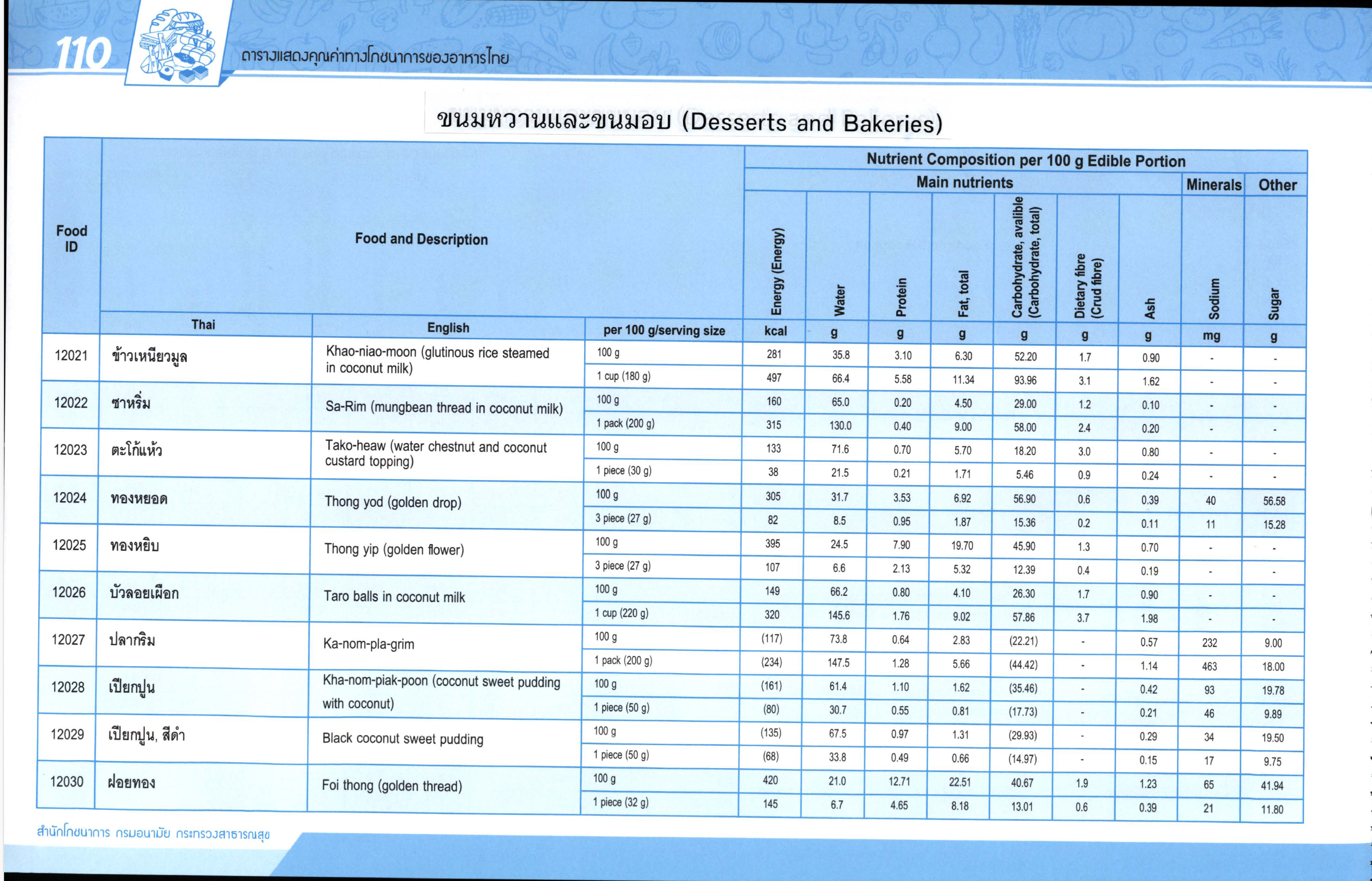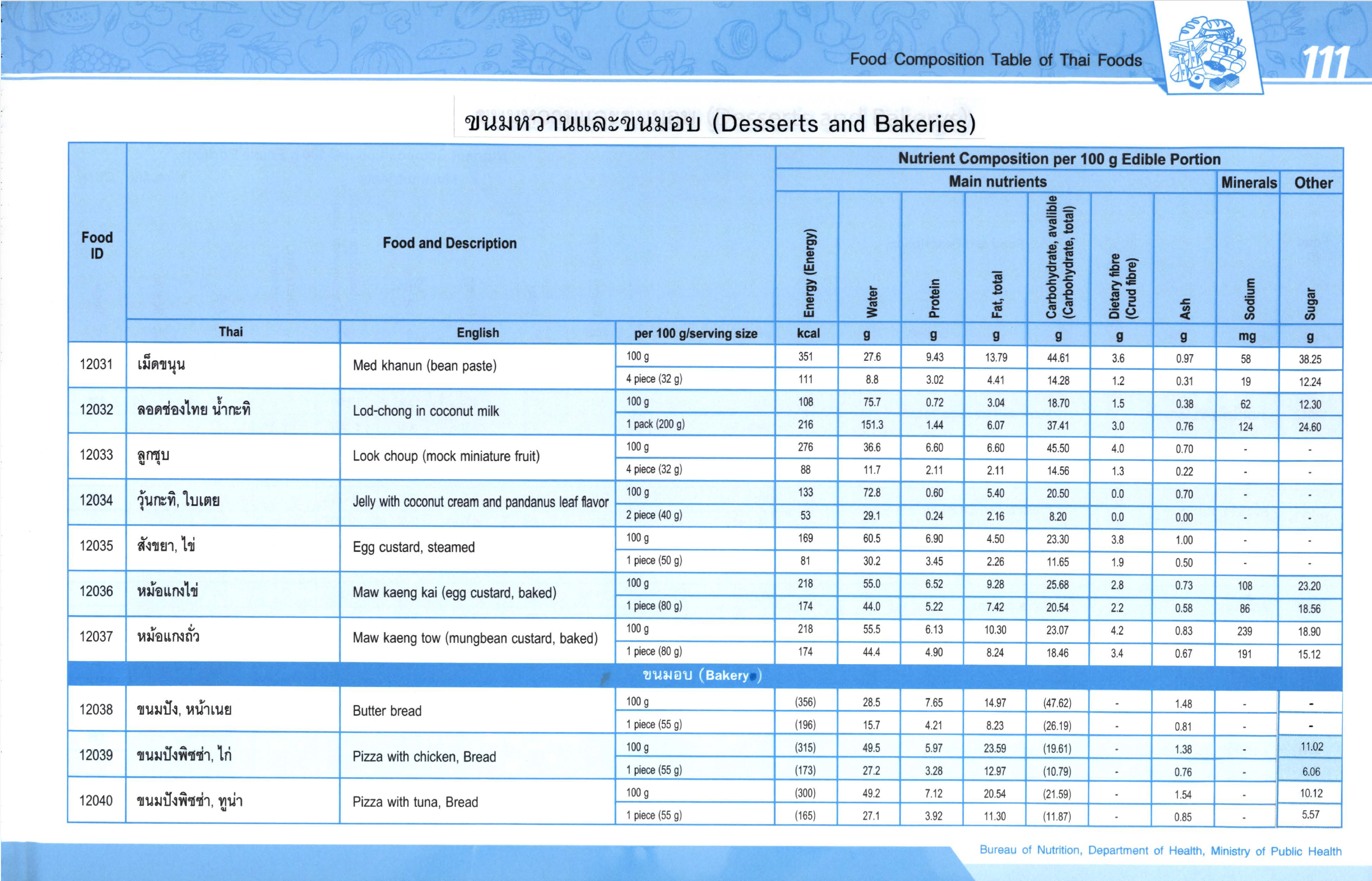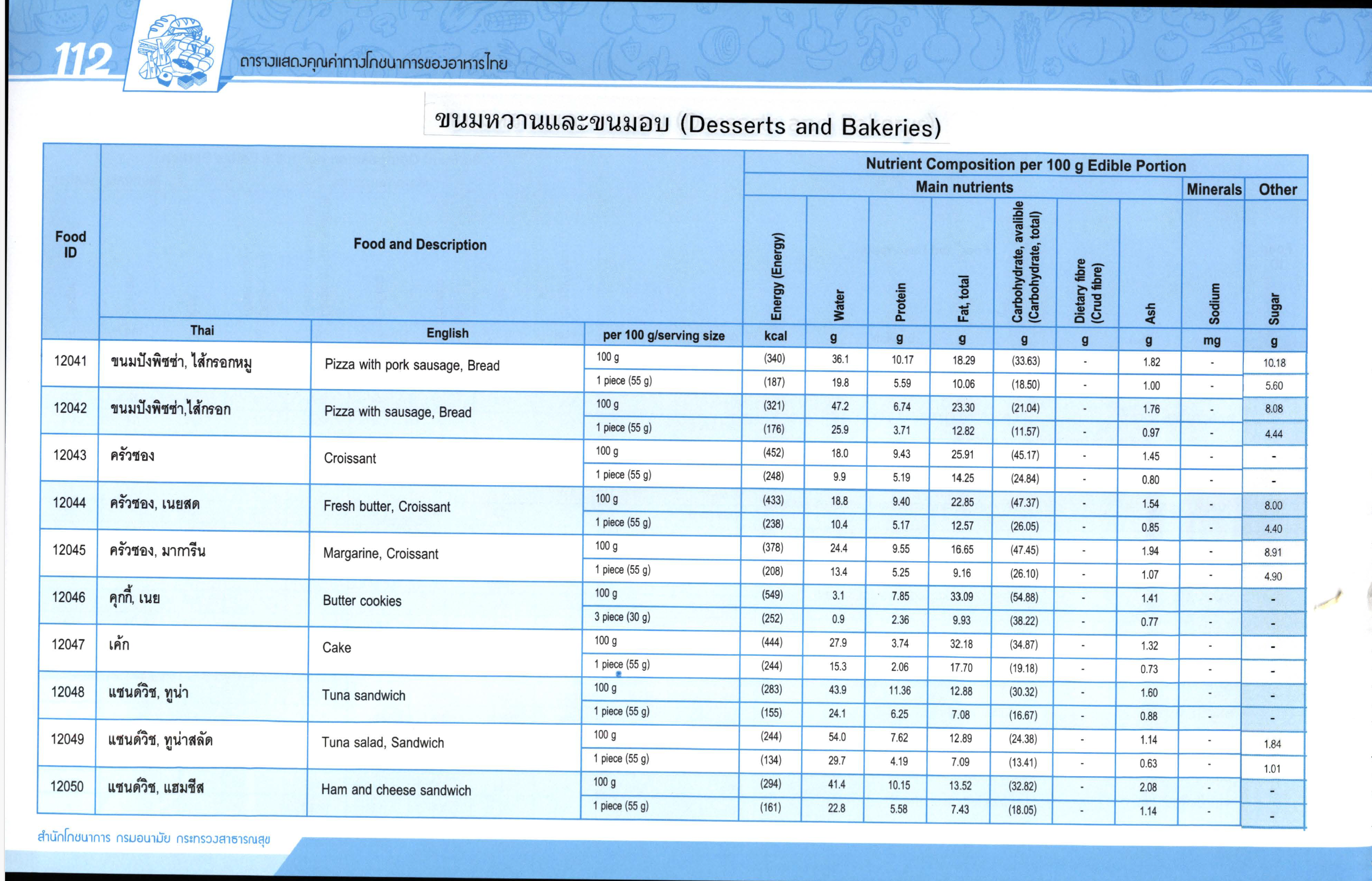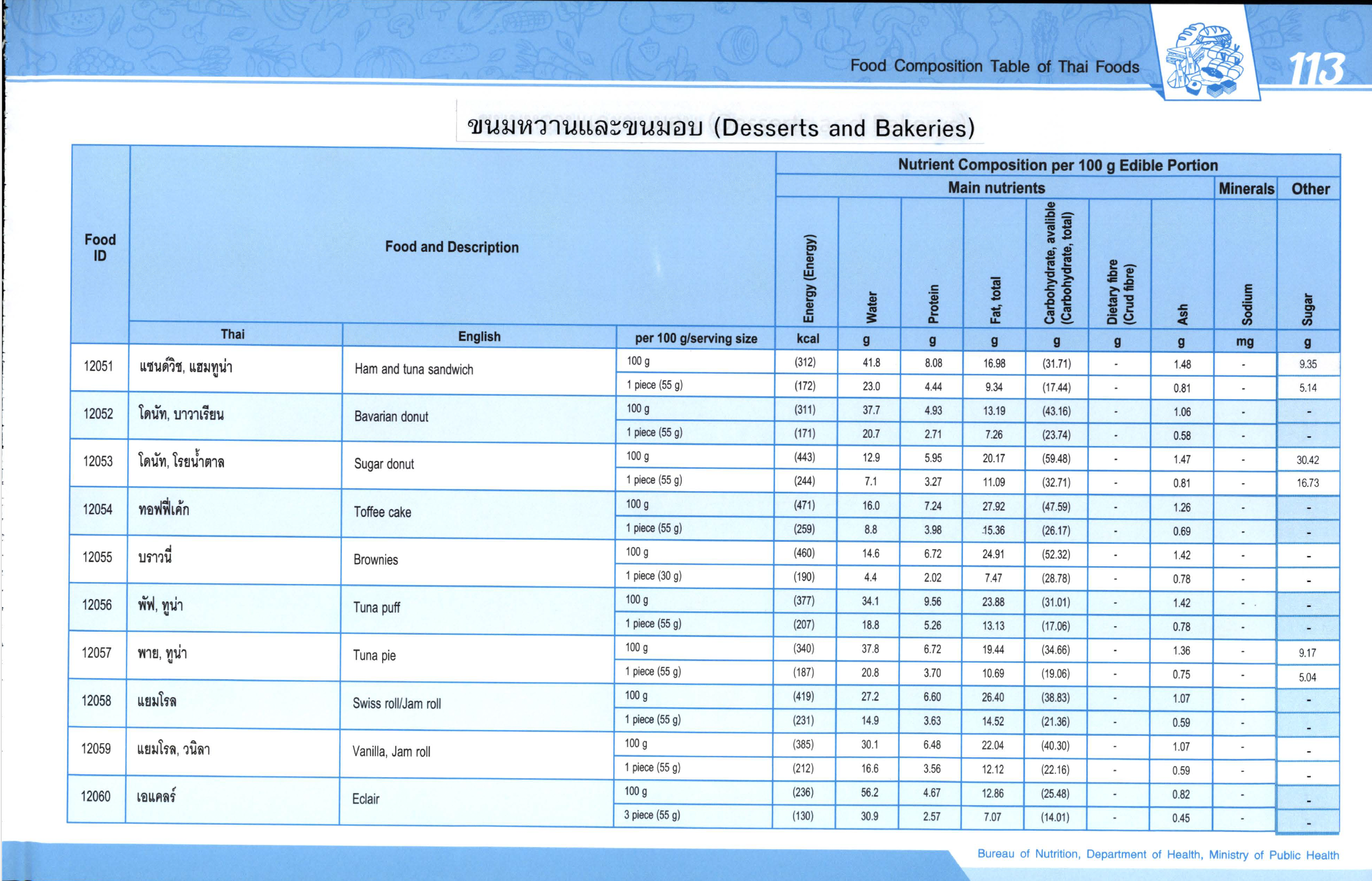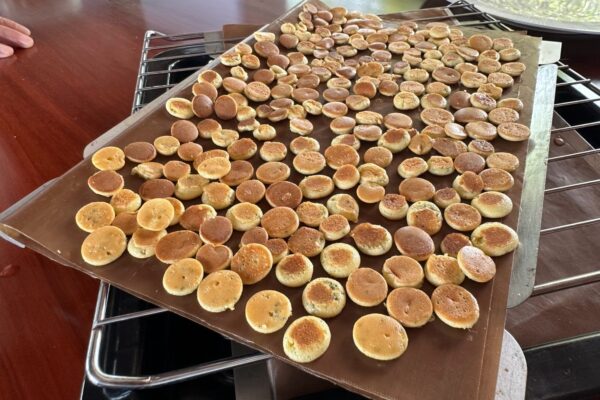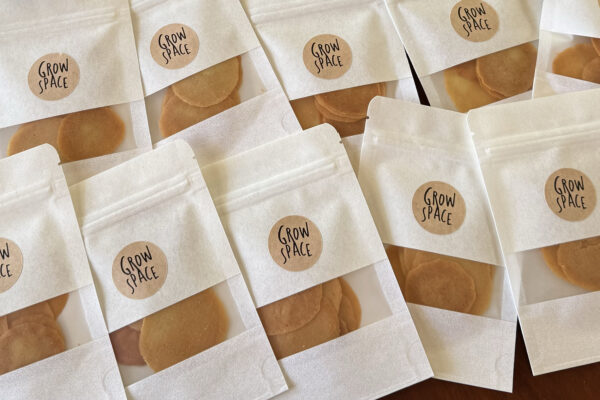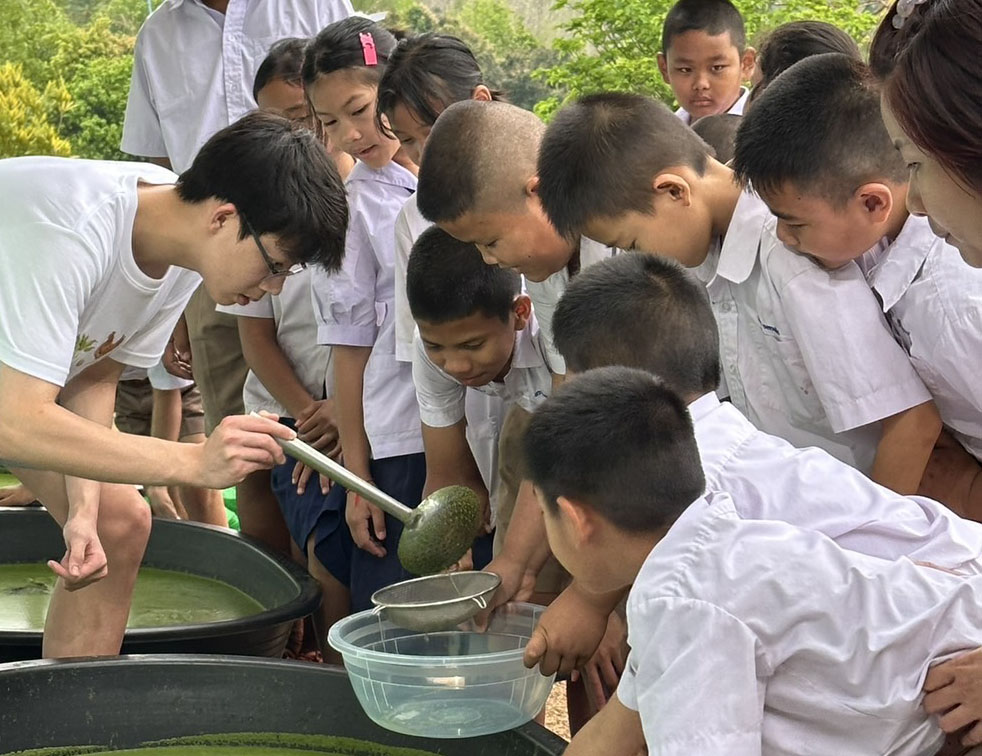
The Grow Space Project
Fighting kids 7-12 year malnutrition in Thailand
My Inspiration
The project, Grow Space: Fighting Kids 7-12 Year Malnutrition in Thailand, aims to ensure that every child has access to the essential nutrients required for their growth and development. The inspiration behind improving the nutritional status of kids in Thailand is driven by my first school visit at Baan Klong Sai for local community engagement. I started off with helping out with simpler tasks like fixing computers or teaching basic English. But throughout the years, I’ve noticed that malnutrition is a prominent basic need in most local areas around Thailand. I’ve always been a keen observer on student meals and lunch quality whenever I visit the school. So that’s how I sort of came to learn about the schools needs. Chatting with teachers and students really opened my eyes to their challenges, which pushed me to think about innovative, eco-friendly solutions.
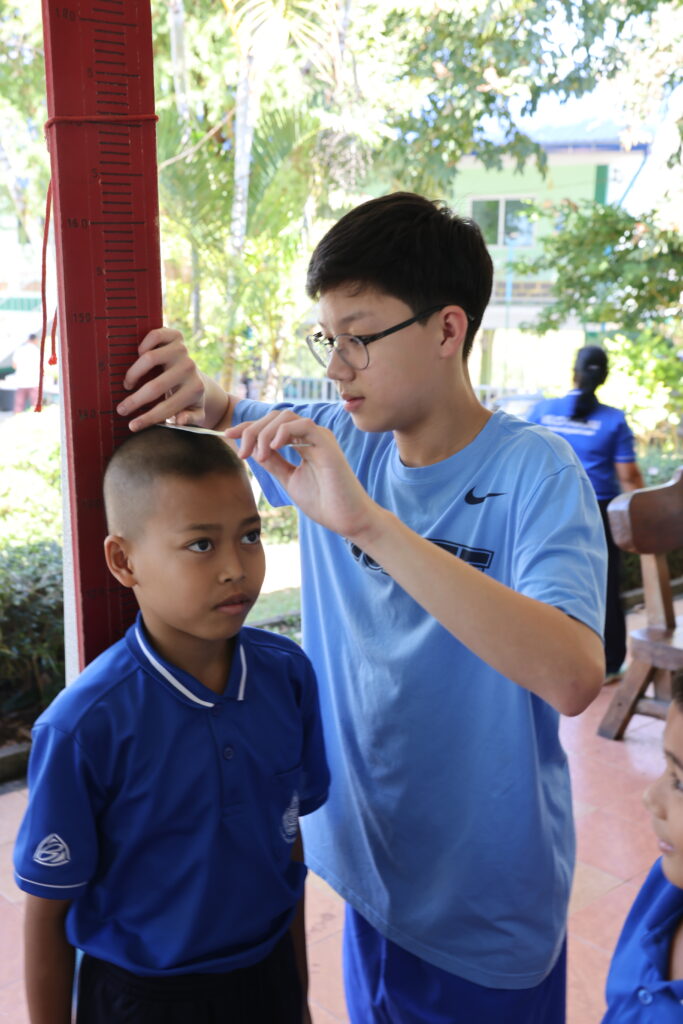
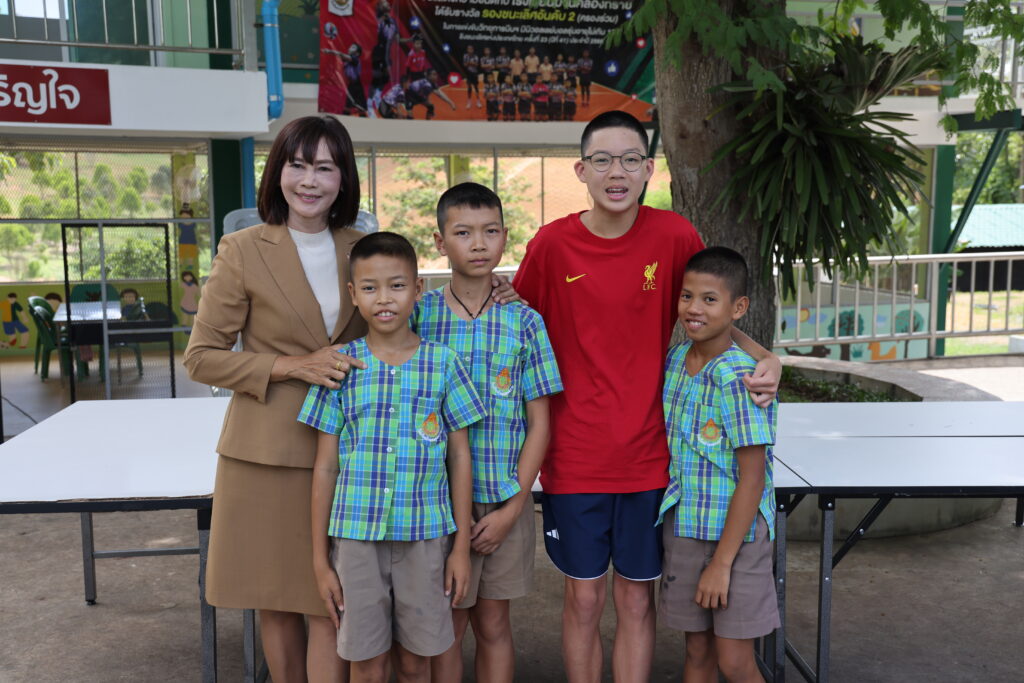
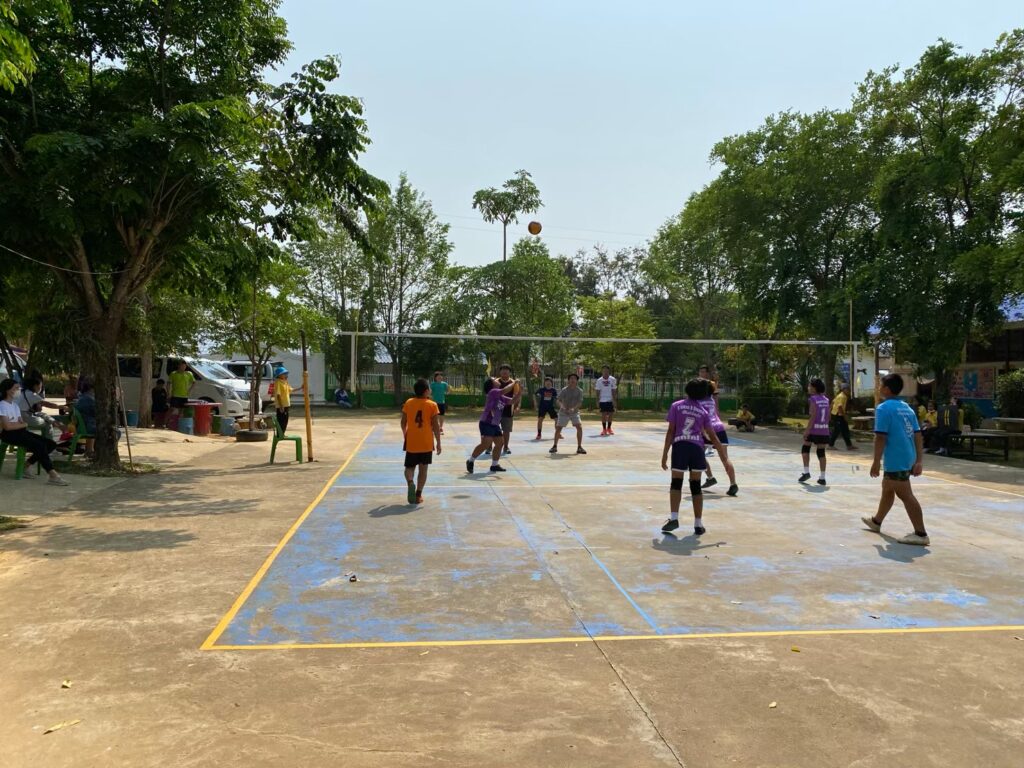
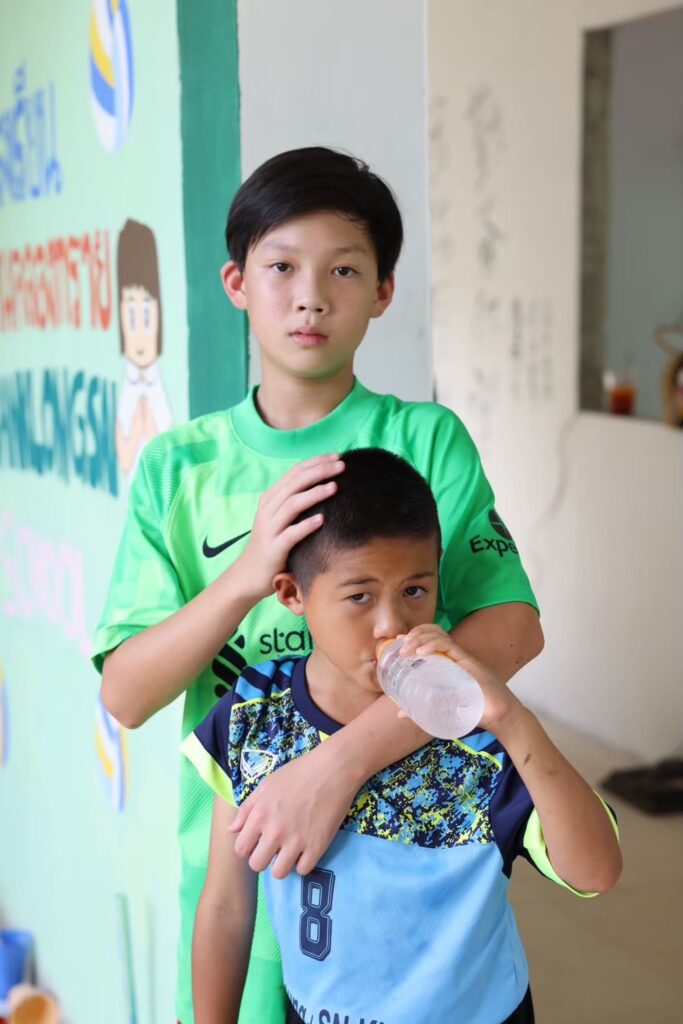
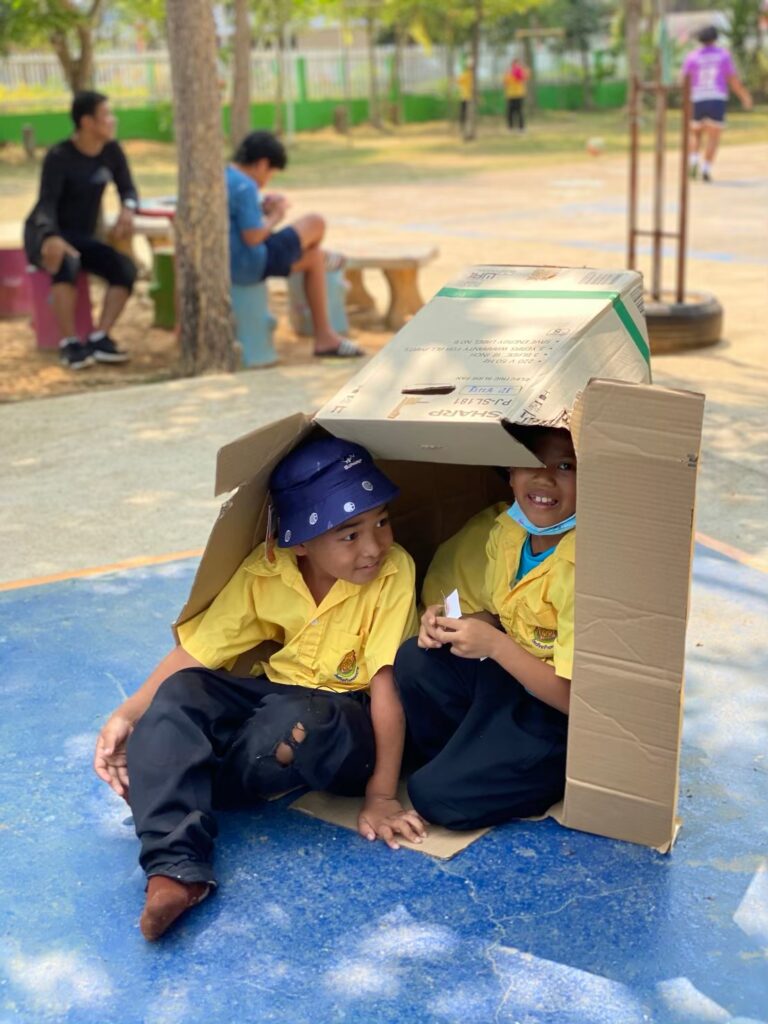
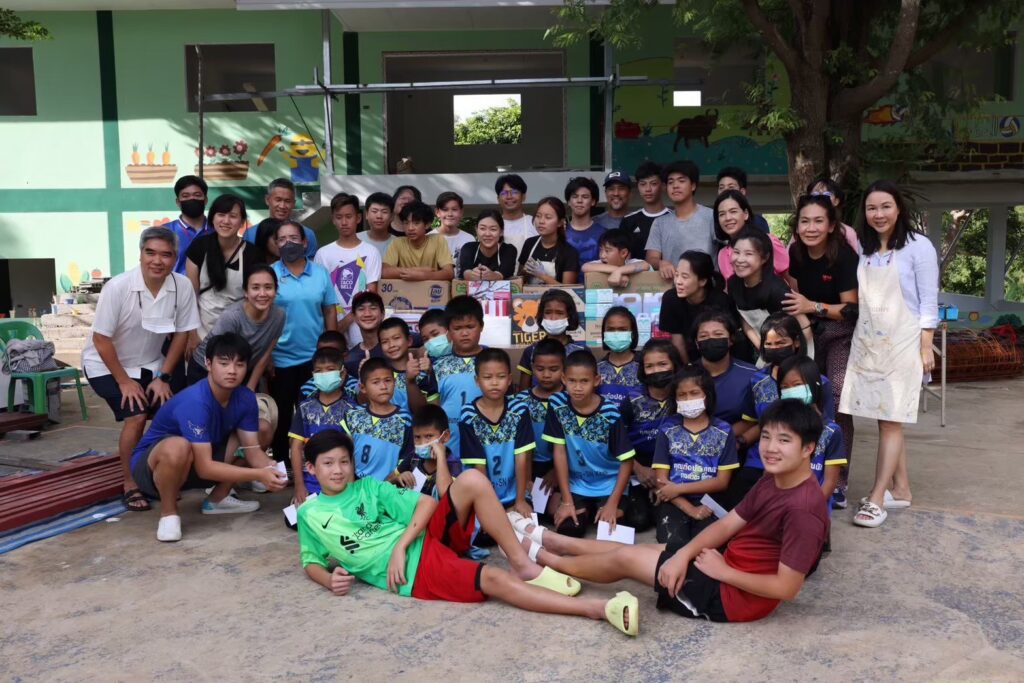
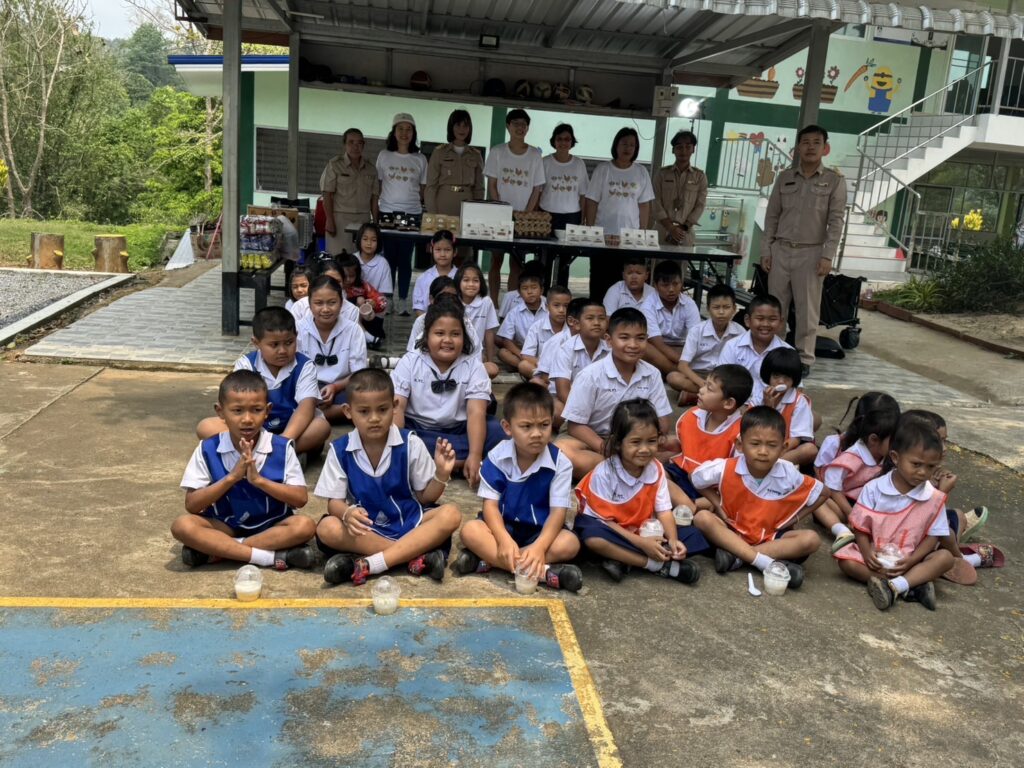
From OBSERVATION TO VALIDATION
I dove deep into research—studying growth curves, weight, and height statistics for the kids—to really understand their nutritional needs. I even got confirmation from nutrition experts and mega-study research , which were crucial in validating my findings. Their input helped fine-tune our approach, ensuring that our nutritious snack and other initiatives were tailored to the specific challenges Thai kids face. It was a mix of hard data and expert insights that made our project both innovative and effective.
SESANUTS II* has provided valuable insights into the nutritional status and dietary habits of children in Southeast Asia, including Thailand. This study with 3478 children of 0.5 – 12.9 years, highlights an important issue know as the ‘triple burden’ of malnutrition. This is the coexistence of undernutrition, micro-nutrient deficiencies and overweight/obesity. Find below a summary of the SEANUTS II* insights.
*https://pubmed.ncbi.nlm.nih.gov/38250788
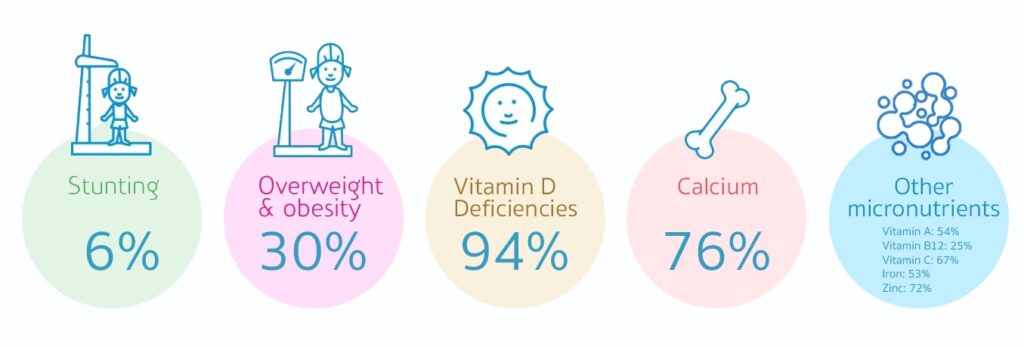
*https://pubmed.ncbi.nlm.nih.gov/38250788
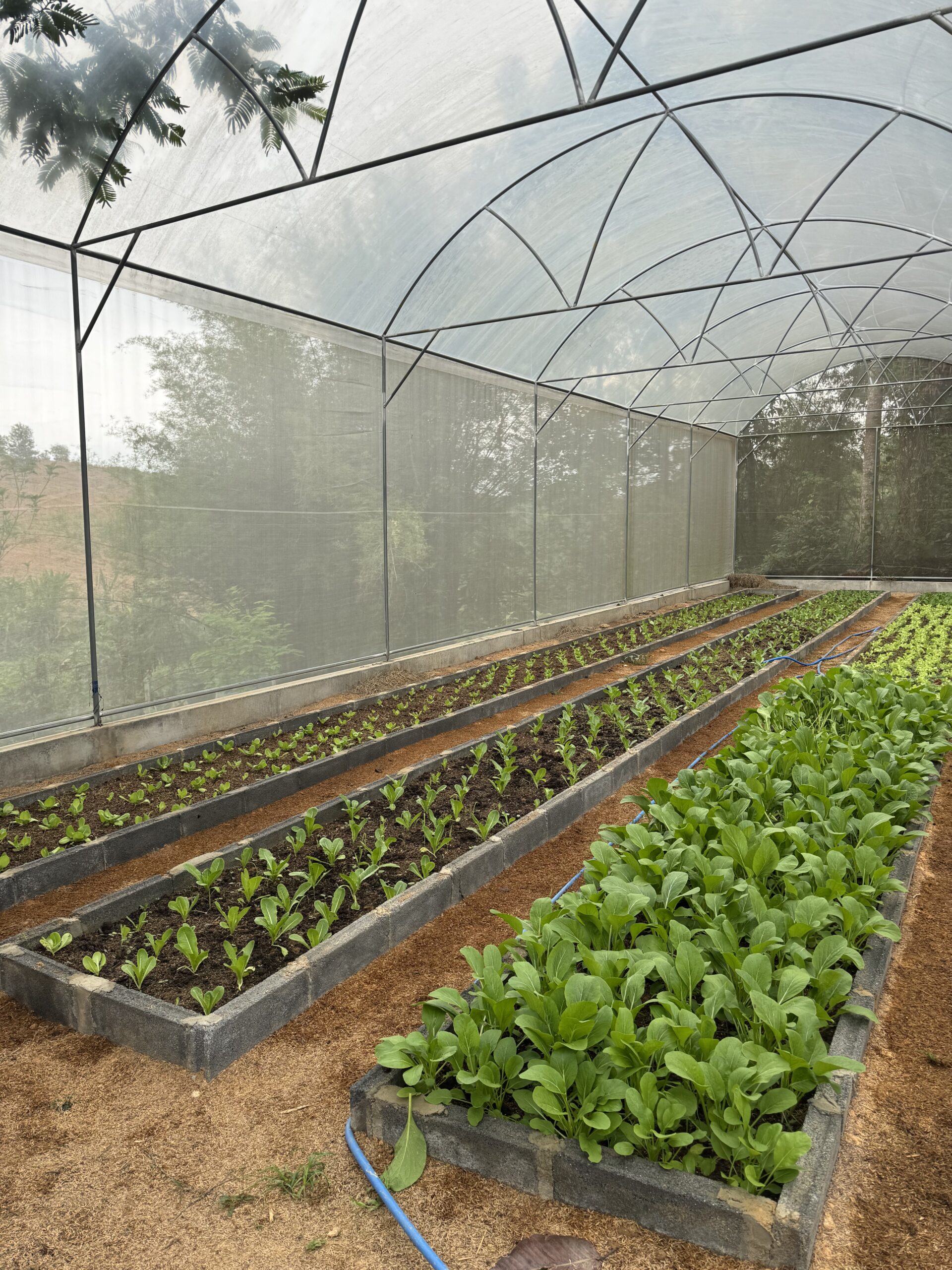
The Grow Space Project
My project is driven by the belief that true power is earned through dedication and effort. The project embodies the principles of entrepreneurship, innovation, science, and resilience, aiming to create a healthier future for Thai children as I believe that every child has the opportunity to grow up strong and healthy, and ready to reach their fullest potential.
The initiative involves:
1. Sustainability: Egg farming and green house
2. Sustainability: Zero waste on fresh eggs
3. Accessible Nutrition: Nutritious snacks for kids 7-12 years
4. Awareness and Education: Nutrition Assessment APP and knowhow pass on to community
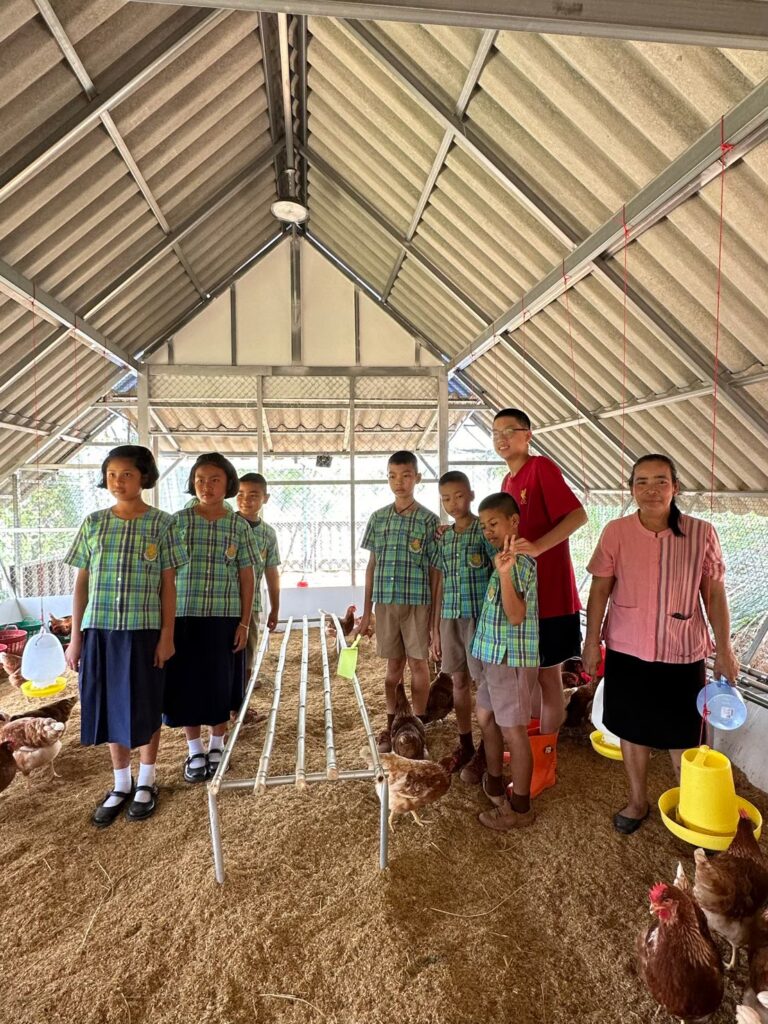
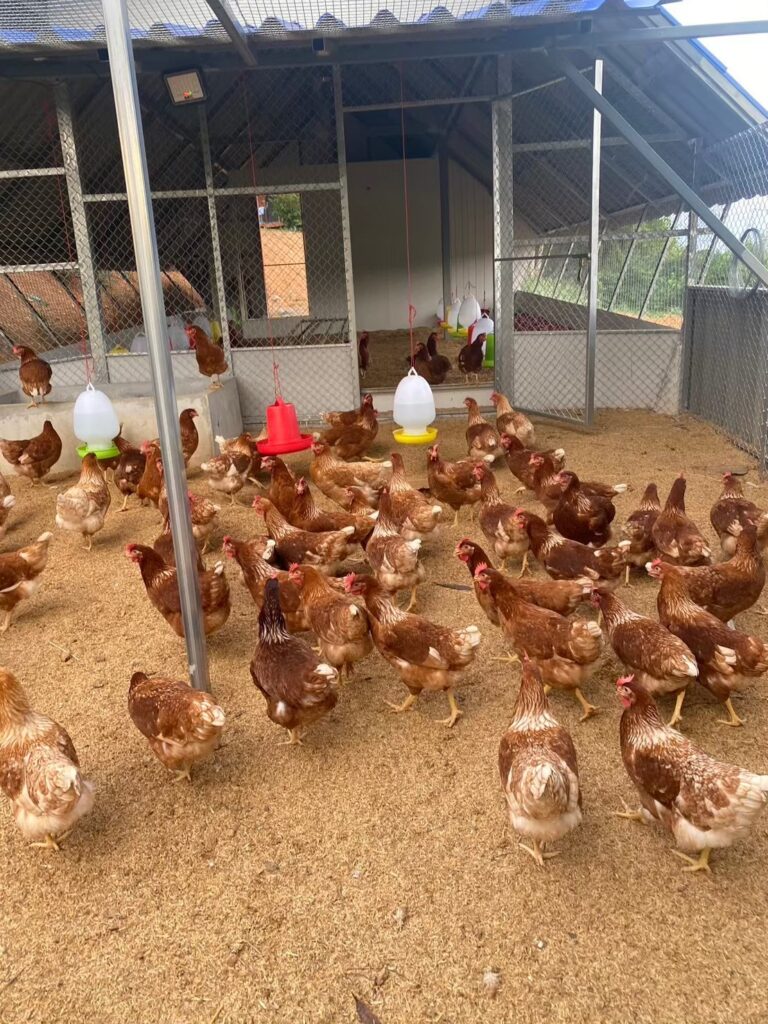
Good Nutrition with Sustainability
“The Egg Farming”
I’ve learned that the school really needs a self-sustaining food system that goes beyond just growing fruits and vegetables. For instance, their athletes, who rely heavily on proper nutrition, are often facing nutrient deficiencies. To tackle this, they could consider small-scale poultry or aquaponics to provide high-quality protein and other essential nutrients. This approach not only addresses immediate nutritional needs but also empowers the community to manage their own food resources over the long term.
I set up a fundraiser chicken coop, and it’s been awesome. The coop gives us a steady supply of eggs and meat. Plus, it’s turned into a hands-on learning spot for the kids—they’re getting real-life experience with taking care of animals and even composting chicken manure to boost our garden crops.
This project has opened up a bunch of new ideas!!
The Greenhouse Garden
In addition to egg farming, we are also establishing greenhouse gardens at local schools. These gardens will be organic and free from pesticides, providing a safe and healthy environment for growing fresh produce. This initiative will not only supply nutritious food but also educate students about sustainable agriculture and the benefits of organic farming.
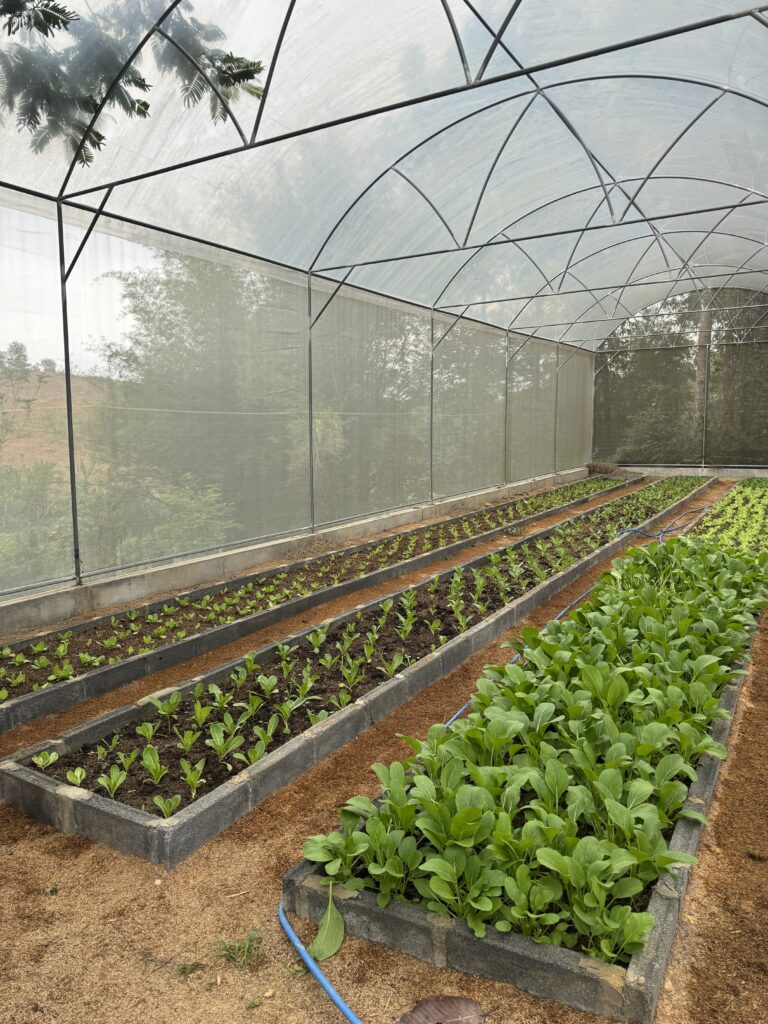
Good Nutrition with Sustainability
“The Zero Waste Concept”
Now from egg farming and greehouse to producing an abundance of fresh eggs and veggies, it is essential to implement preservation and processing methods to prevent wastage and rather contribute to a more sustainable and nutritious future for the children in this community.
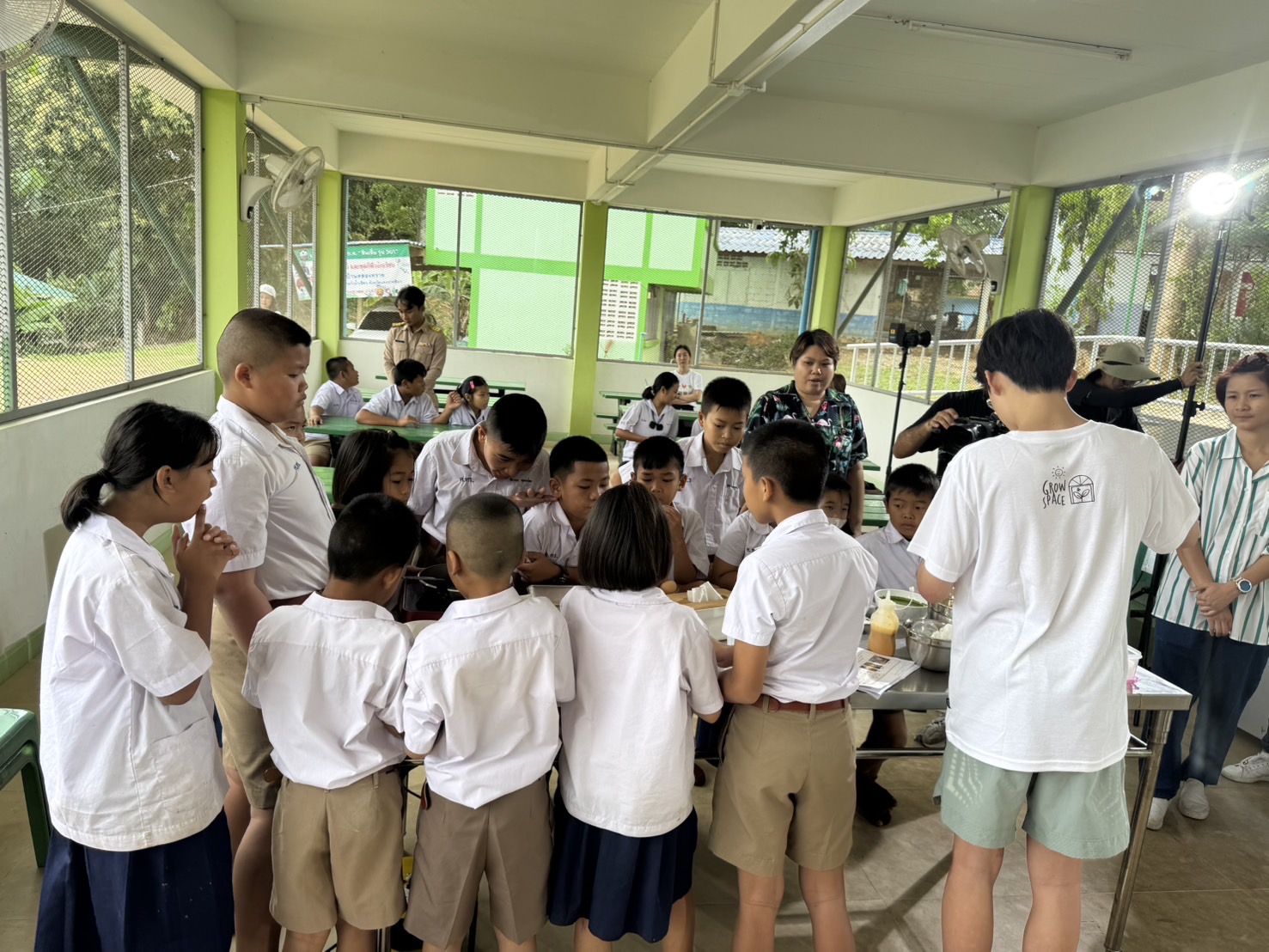
Passing on knowhow to local community
Collaborating with nutritionists and dietitians, we will develop educational materials and programs to raise awareness about the importance of nutrition and sustainable food practices. Hosting community events and workshops will allow us to share knowledge, distribute our nutritious snacks, and promote zero-waste practices. We recently visited local schools to conduct training sessions on nutrition and sustainable practices. This includes hands-on workshops where students can learn how to make nutritious meringue,
and Tuile, preserving eggs while creating a healthy snack.
These events will also serve as a platform for community members to share their experiences and ideas. As we grow, we plan to expand our reach by partnering with more schools, farmers, and community organizations. This will help us scale up our efforts and make a broader impact on the community.
By fostering these partnerships and engaging with the community, “Grow Space” aims to create a sustainable, nutritious, and waste-free environment for everyone involved.
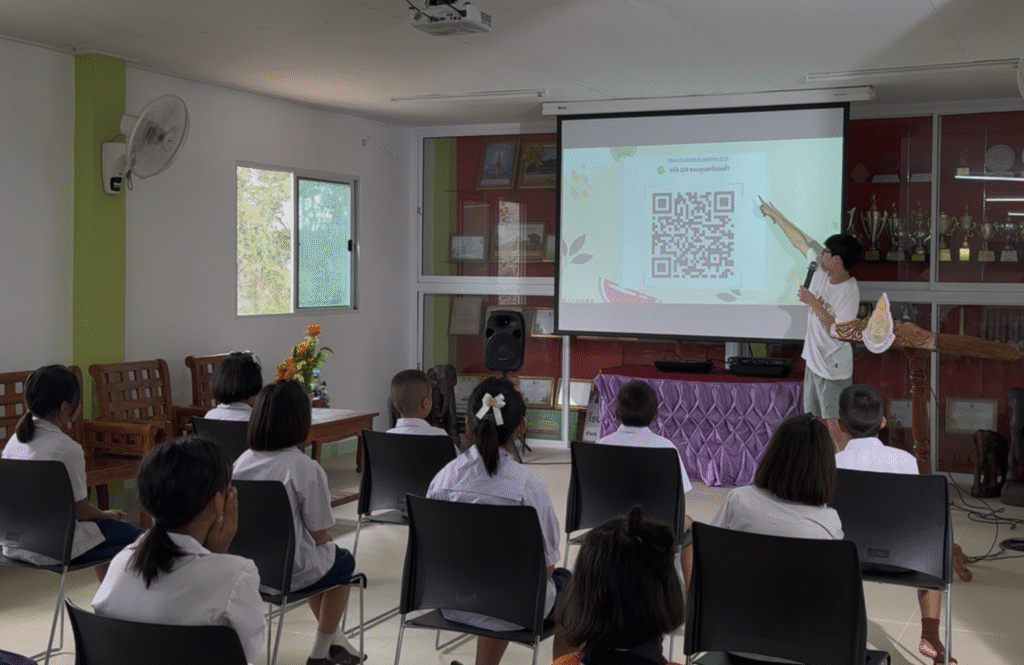
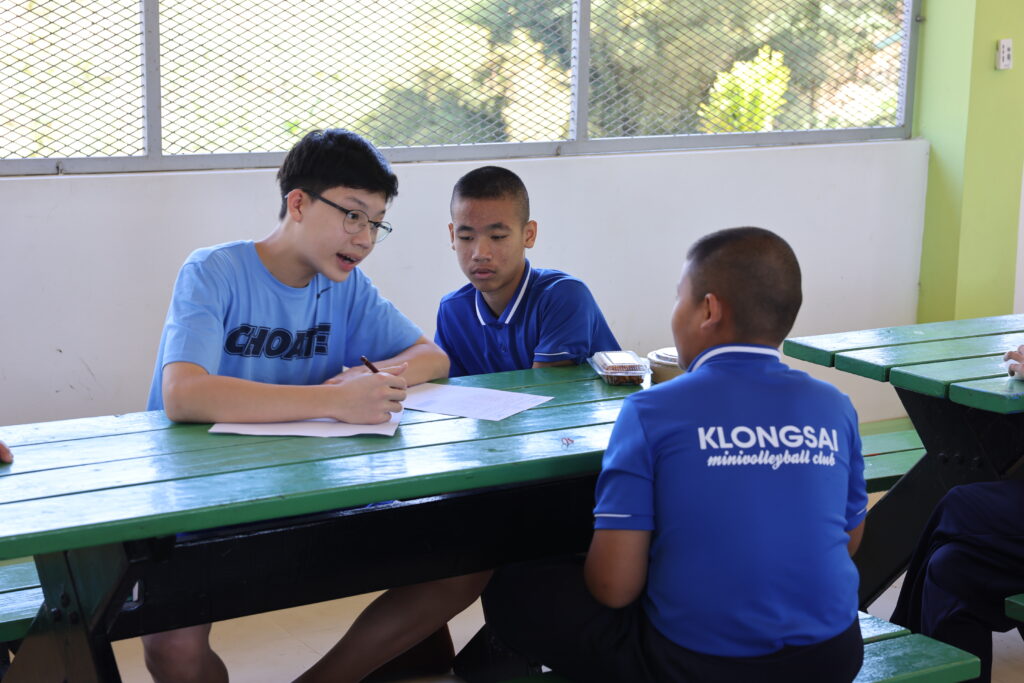
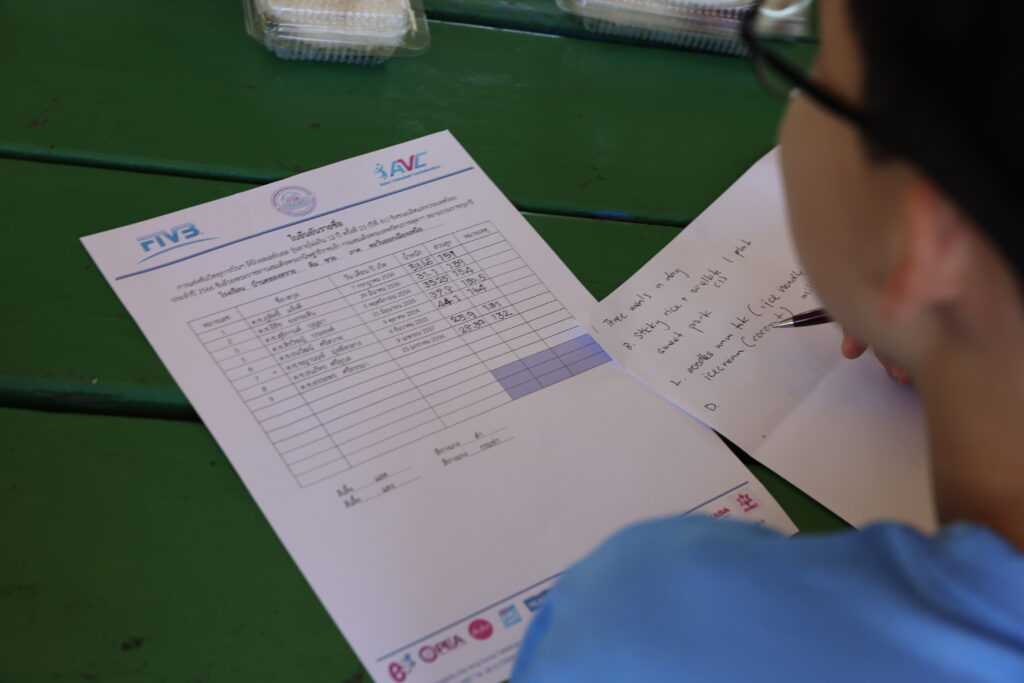
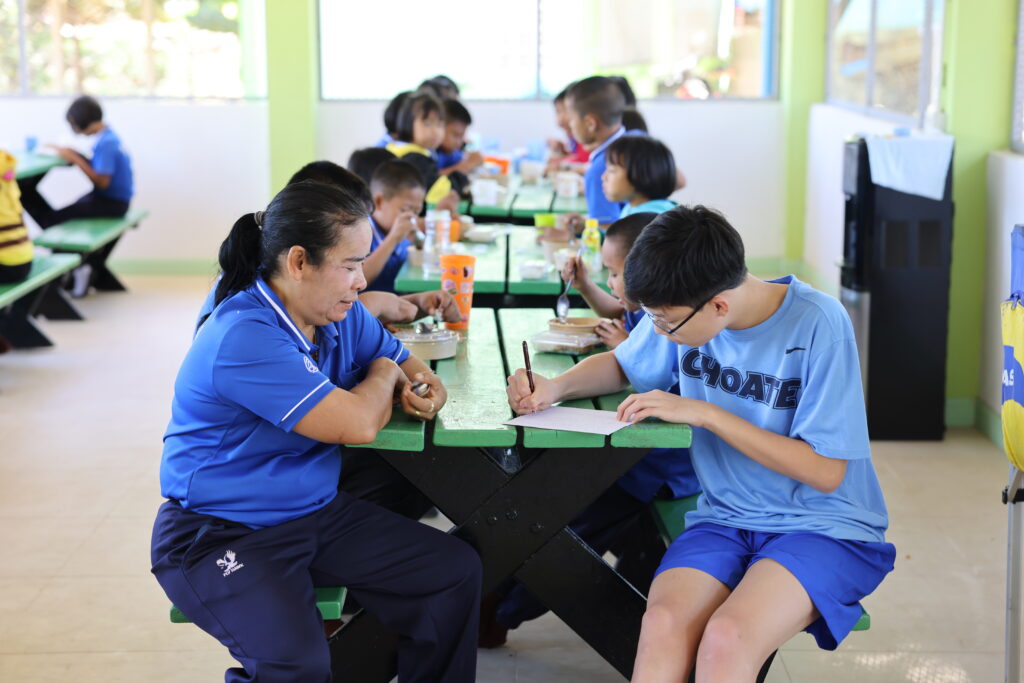
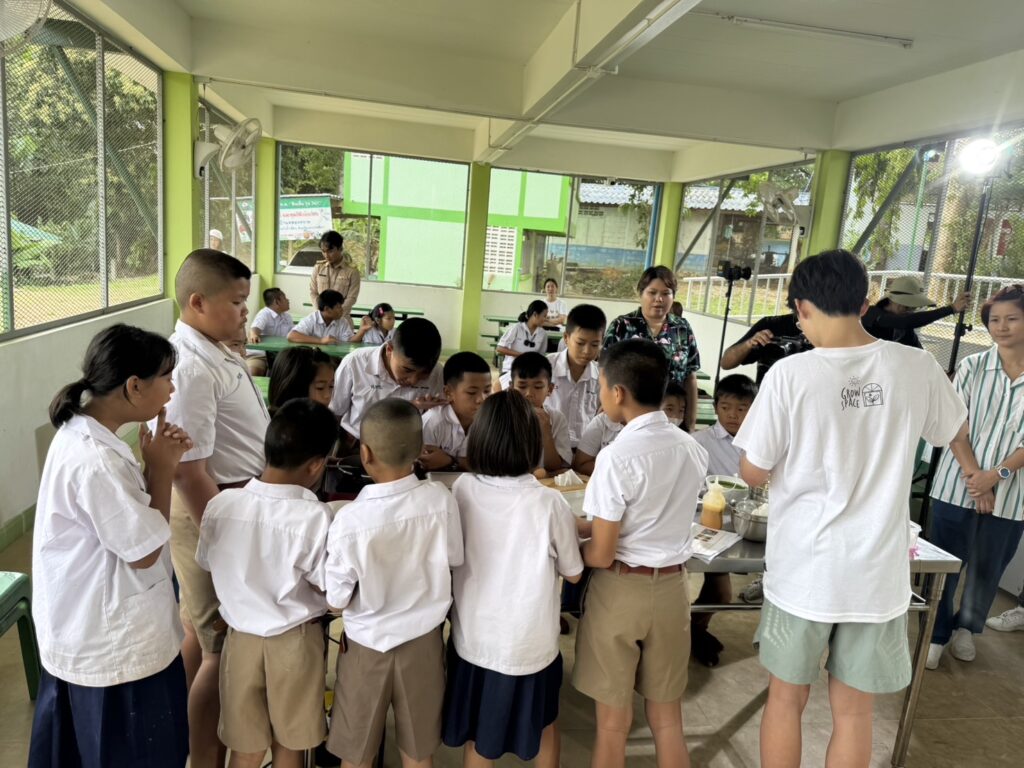
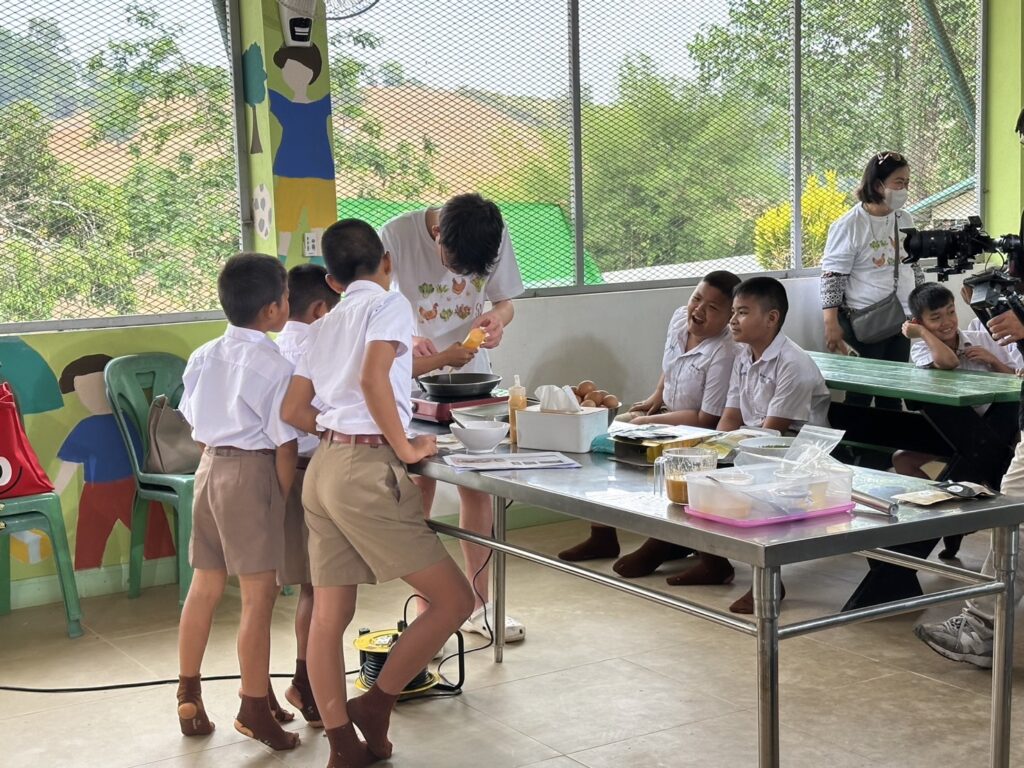
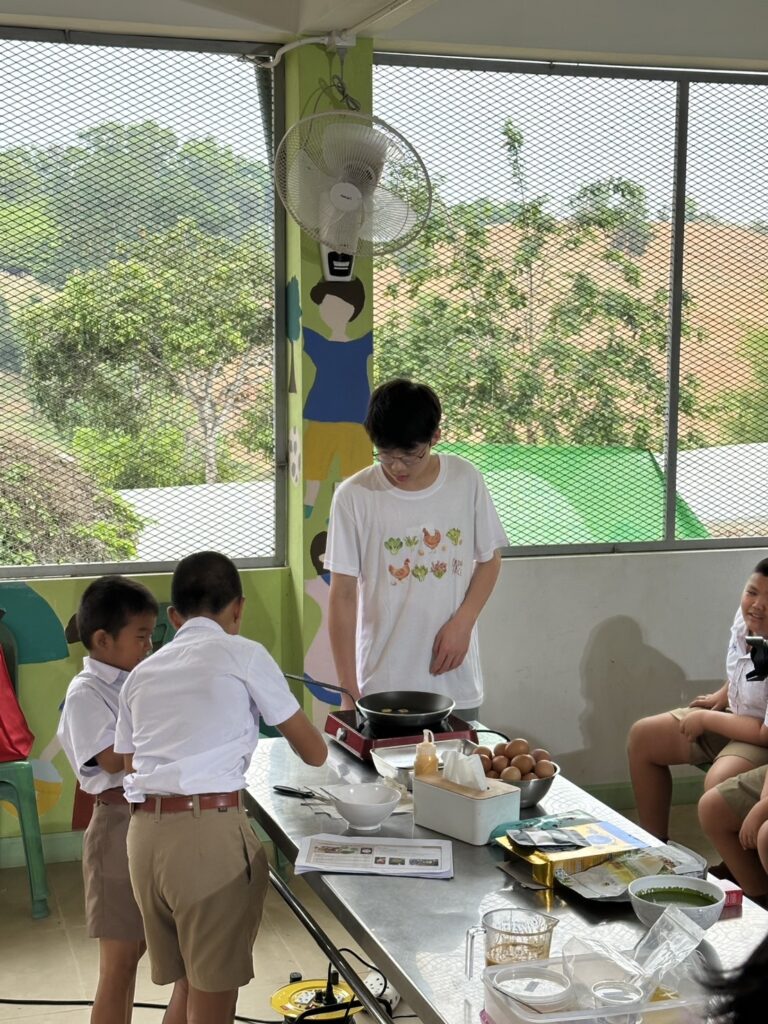
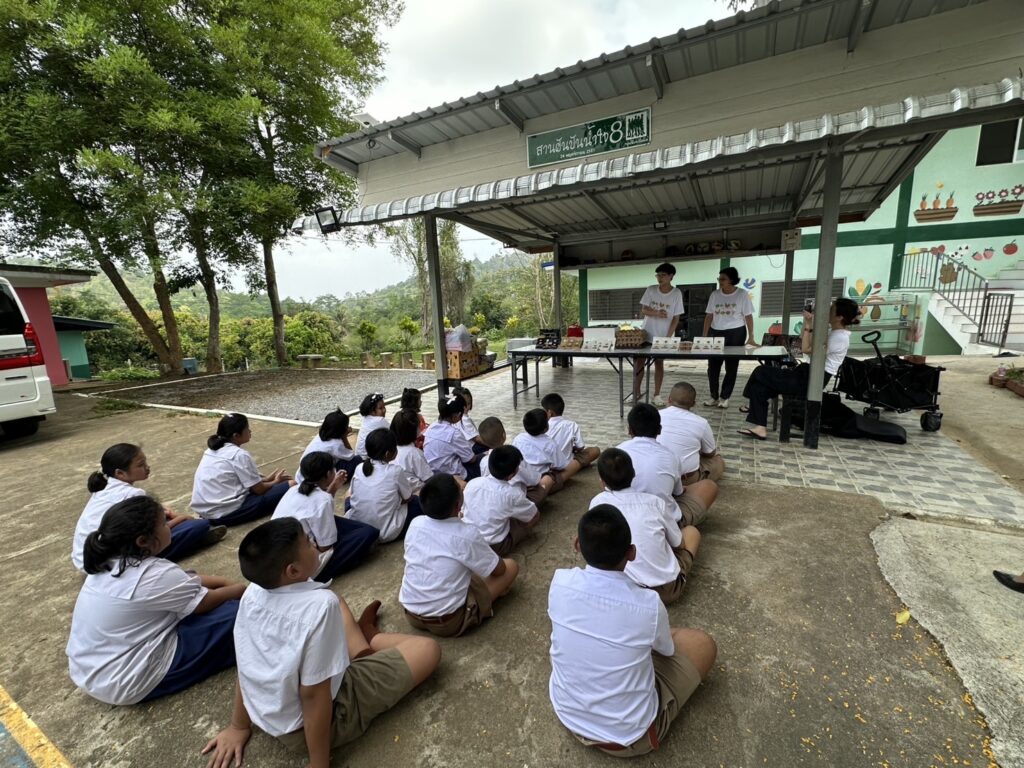
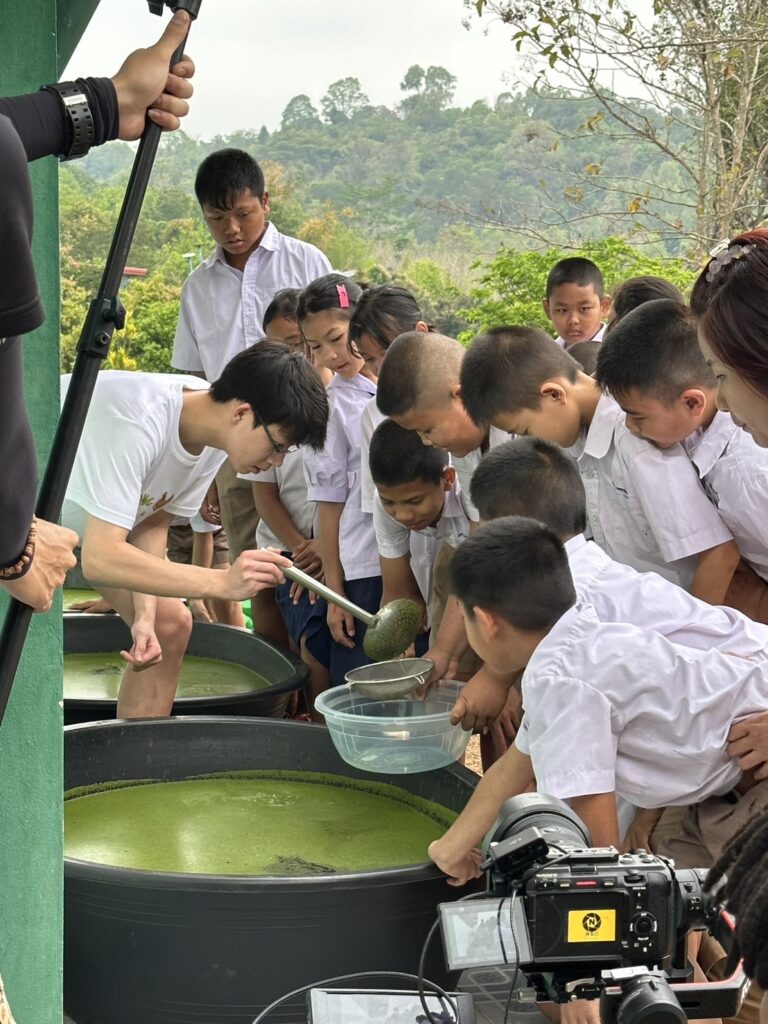
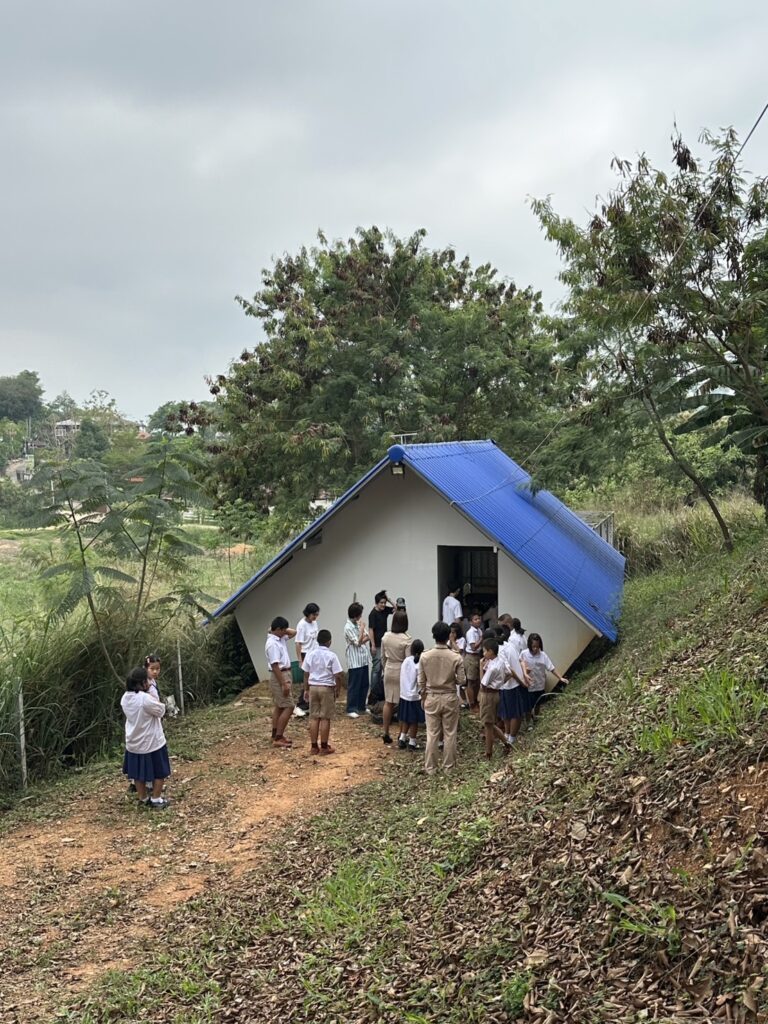
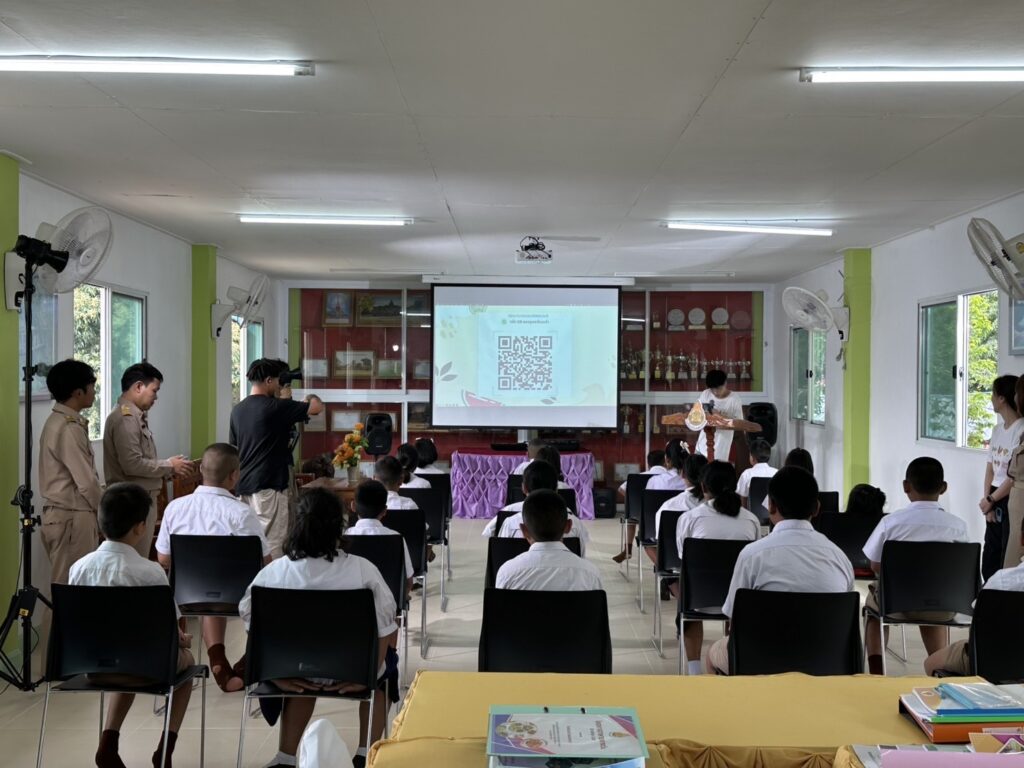
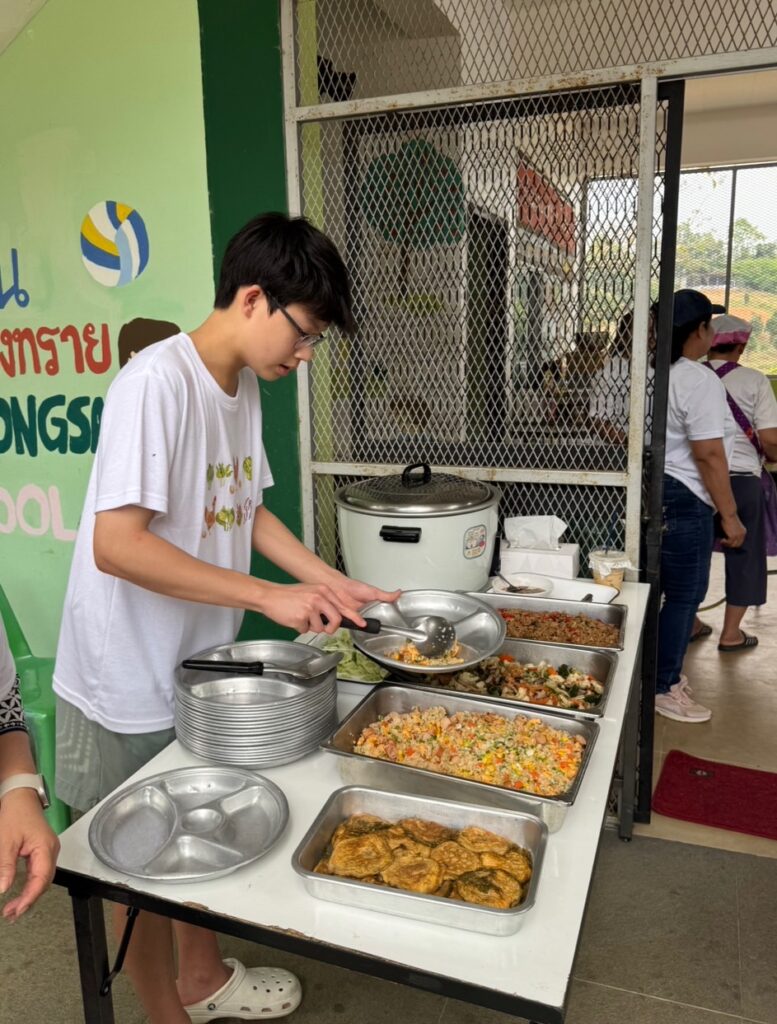
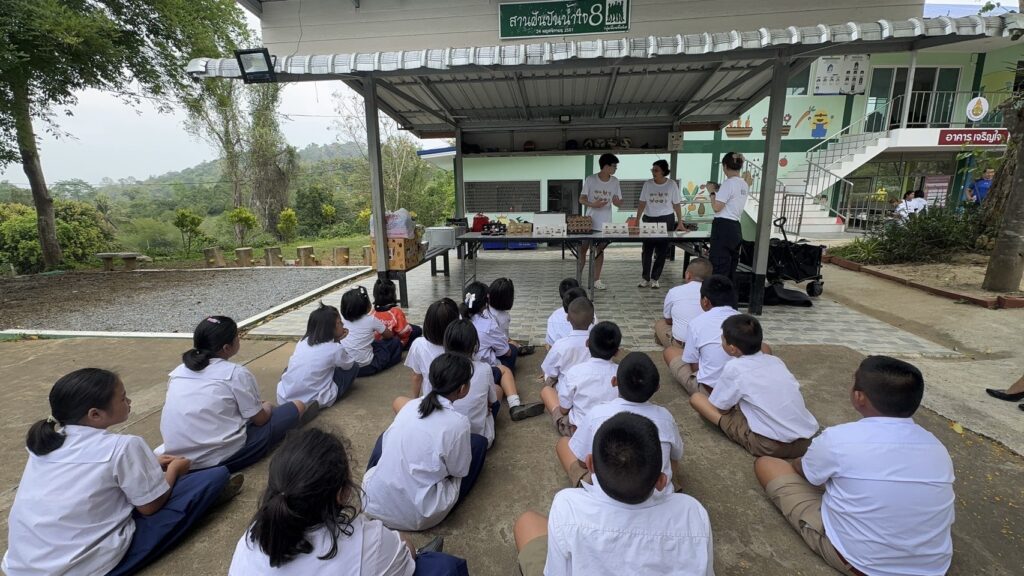
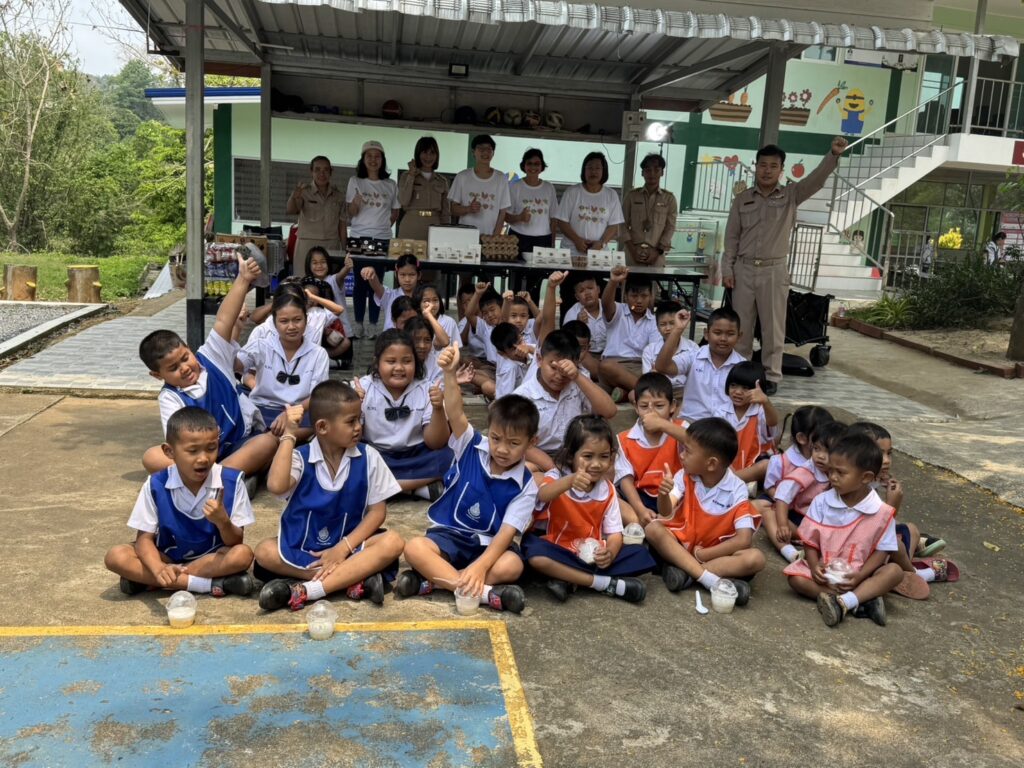
Understanding nutritional gap through Application
Introducing the “Grow Space Nutrition Assessment Application”
Apart from passing on sustainable practices, we will train community members to understand nutritional gaps through the nutrition assessment application we develop. This application will help individuals assess their nutritional intake and identify areas for improvement. By educating the community on how to use this tool, we aim to empower them to make informed decisions about their diet and overall health.
Through this nutrition assessment application, parents, teachers, community members can take proactive steps to ensure their children receive the nutrients they need to thrive.
Daily Intake Recommendation and References for Nutrition Information of Thai Food
Why are we too fat, too thin?
The body needs energy from the food consumed for the functioning of cells in various systems, for daily activities, for maintaining body temperature, and for growth. If too little energy is received, it will result in slowing down of growth and deficient body systems. However, if too much energy is received, energy will be stored as fat in various parts of the body.
Where does the body get its energy?
- Carbohydrates (1 gram provides 4 kcal)
- Fat (1 gram provides 9 kcal)
- Protein (1 gram provides 4 kcal)
How to eat to get the right amount of energy?
The proportion of energy distribution from appropriate food sources that should be received in 1 day
- Carbohydrates account for 45-65 percent of energy
You should choose carbohydrates from rice, flour or unpolished grains because they contain dietary fiber to increase the amount of food, resulting in less energy from food and also helping you feel full for a long time.
- Protein accounts for 10-15 percent of energy
Normally, the body uses protein for growth and repairs worn out parts. It will be used as an energy source only when the body receives too much protein. However, you should choose to consume protein from protein sources that are not high in fat, such as fish, lean meat, skinless meat, dried beans, milk. If you eat vegetarian food, you should choose a variety of protein to get complete amino acids.
- Fat accounts for 20-35 percent of the energy needs that the body should receive in 1 day.
You should choose to consume food sources that contain saturated fatty acids not exceeding 10 percent of the energy needs in 1 day, such as butter, animal fat, and some vegetable oils such as coconut oil and sunflower oil.
In addition, you should consume foods that contain dietary fiber of 25 grams per day for good bowel movements and stomach health.
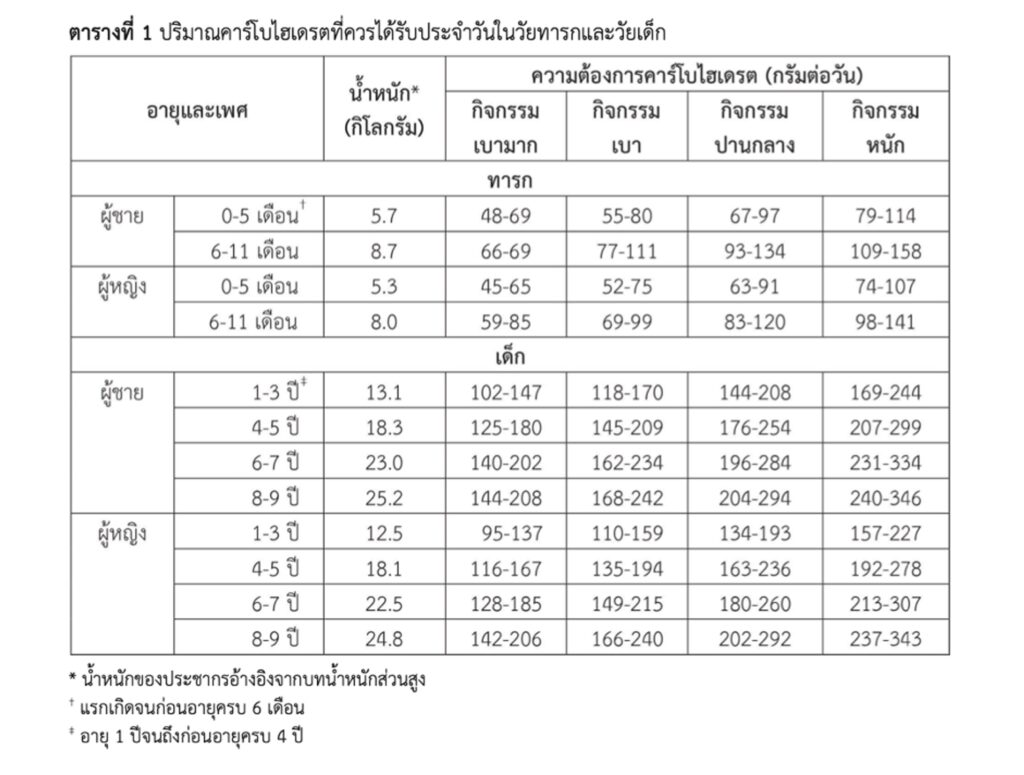
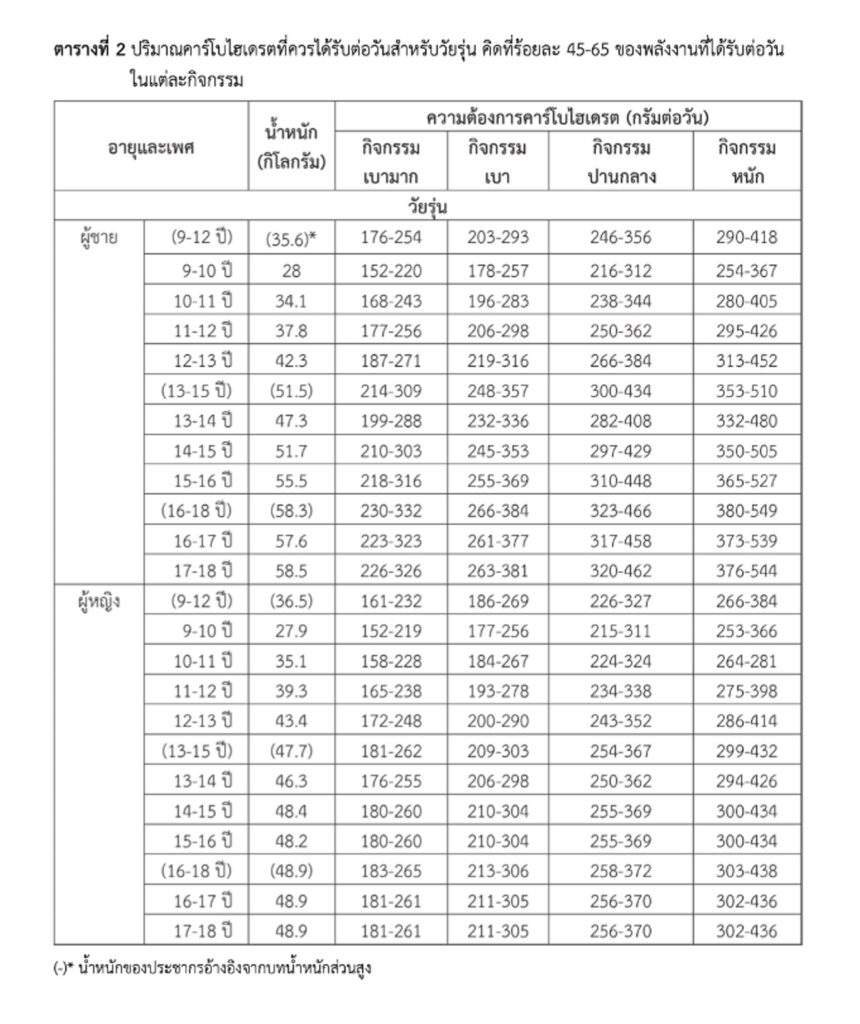
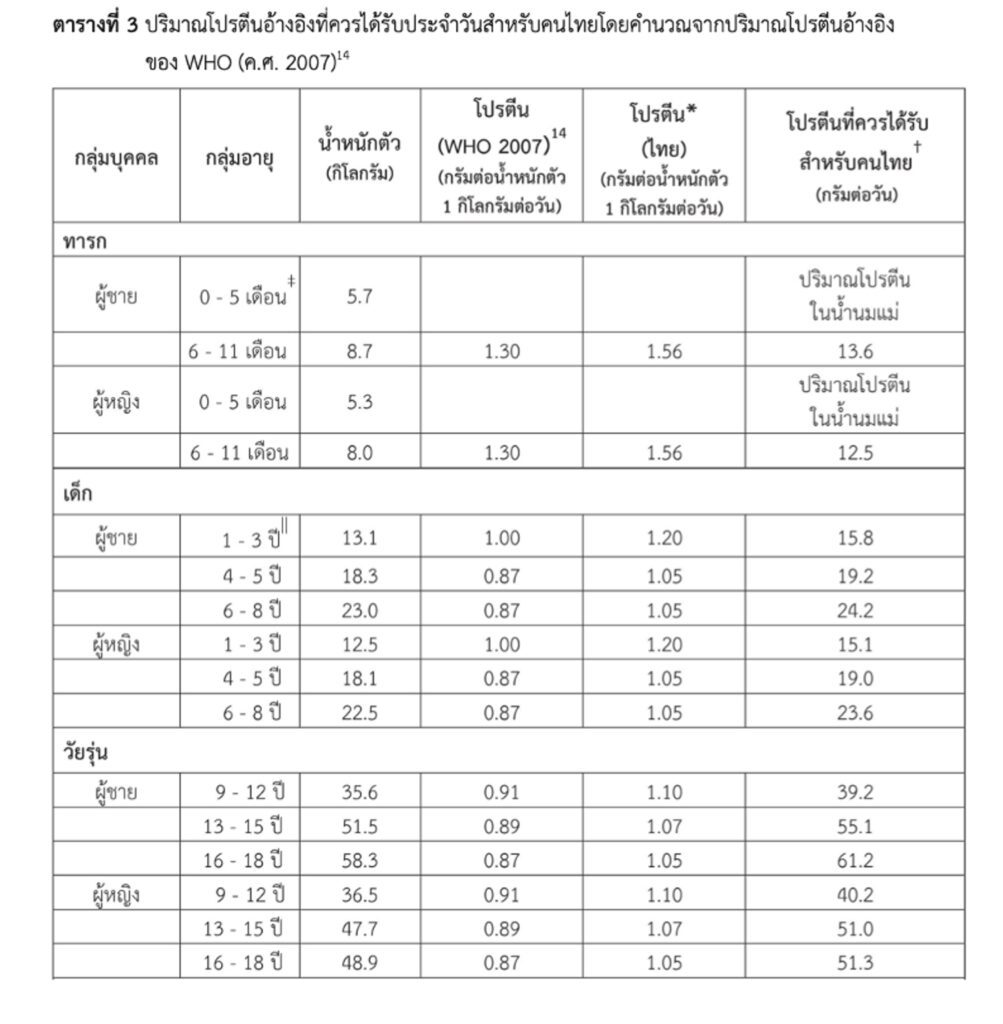
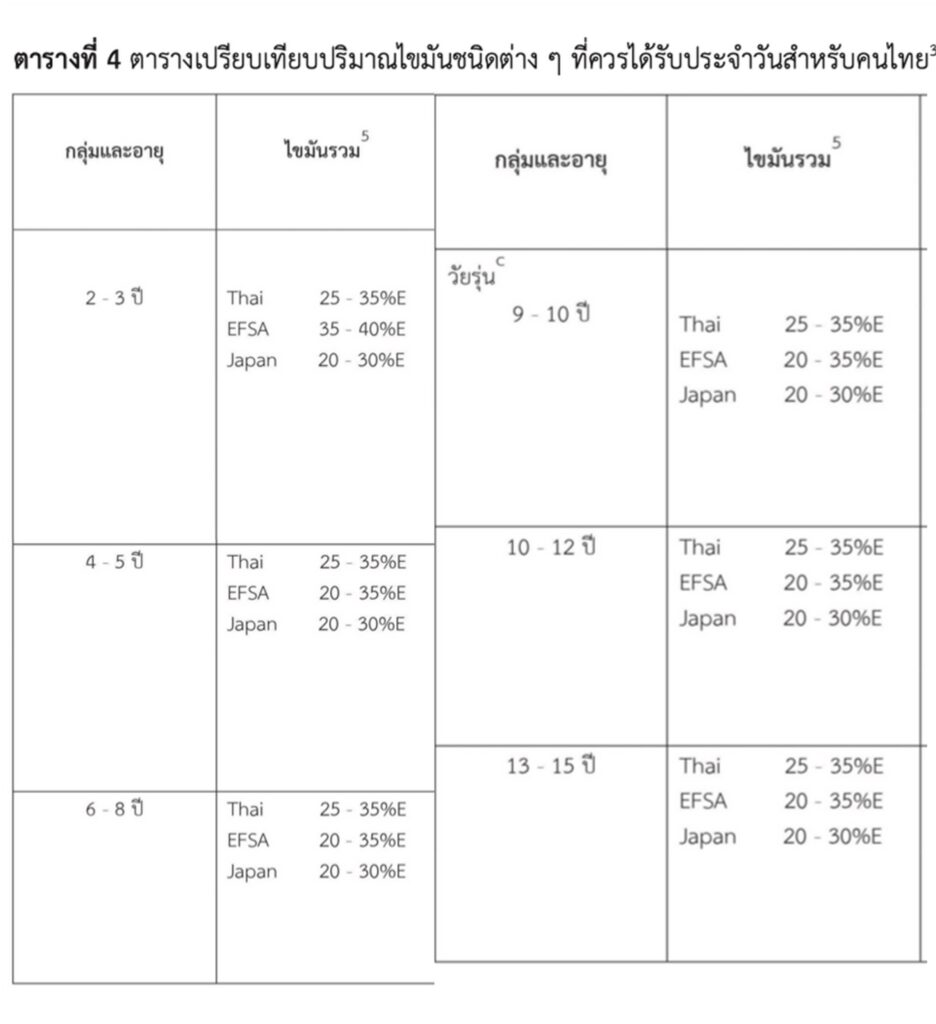
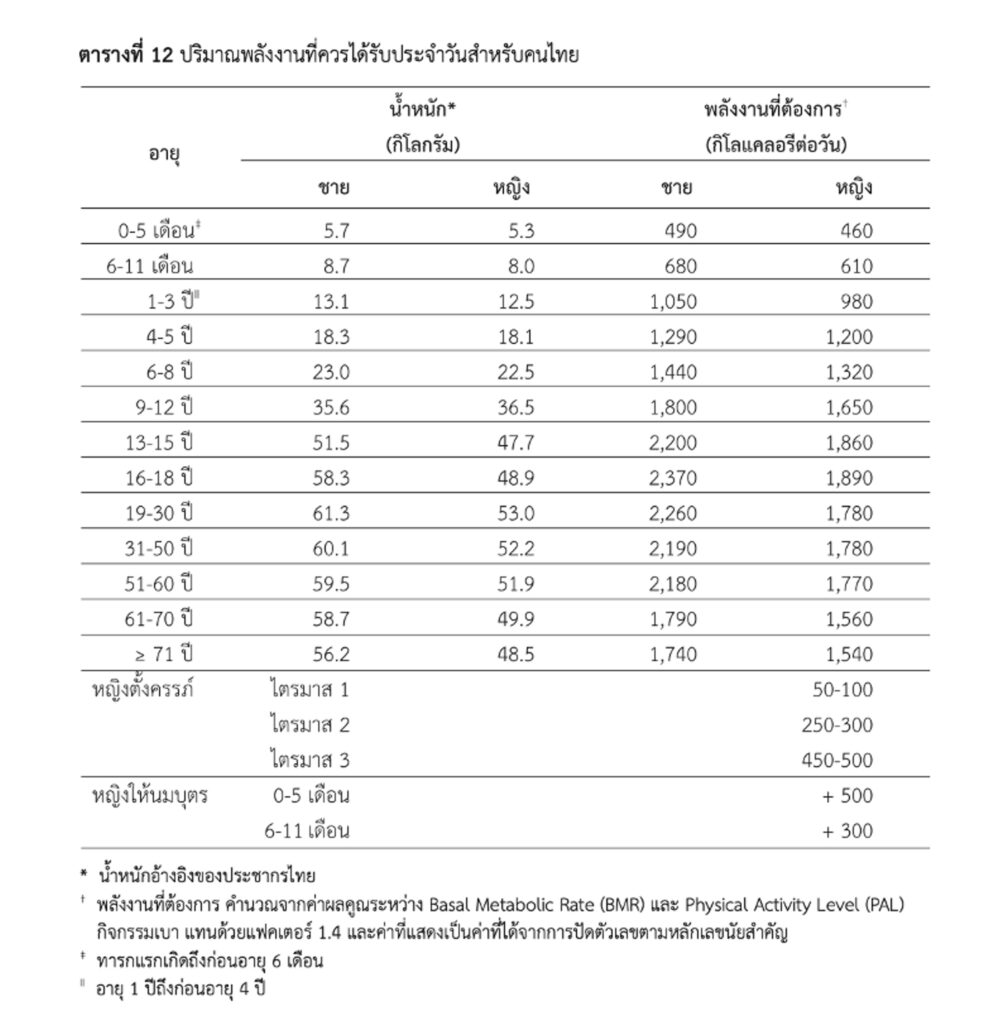
References for Nutrition Information of Thai Food
